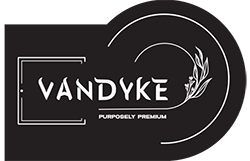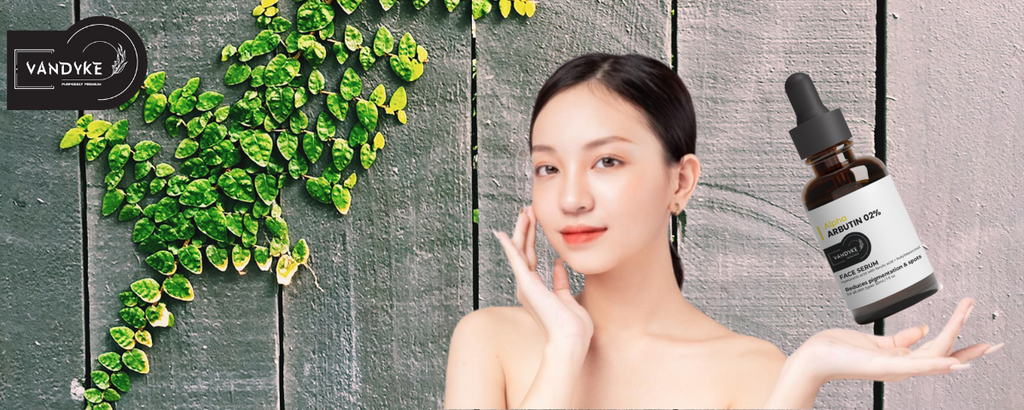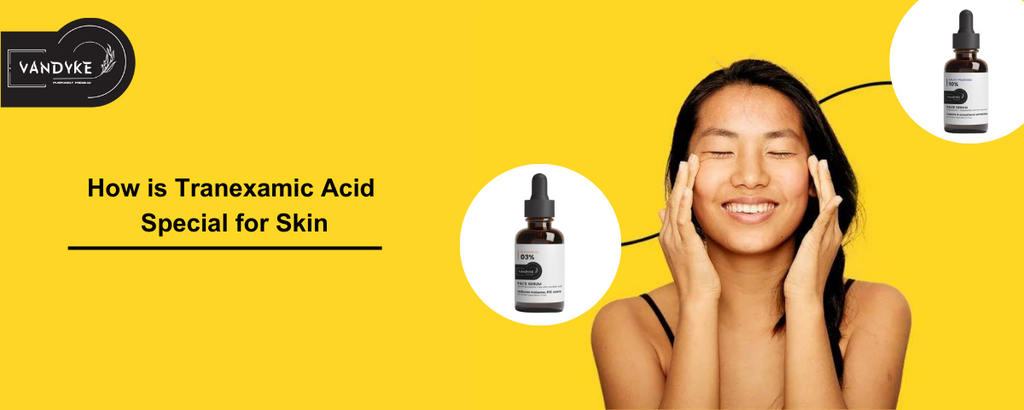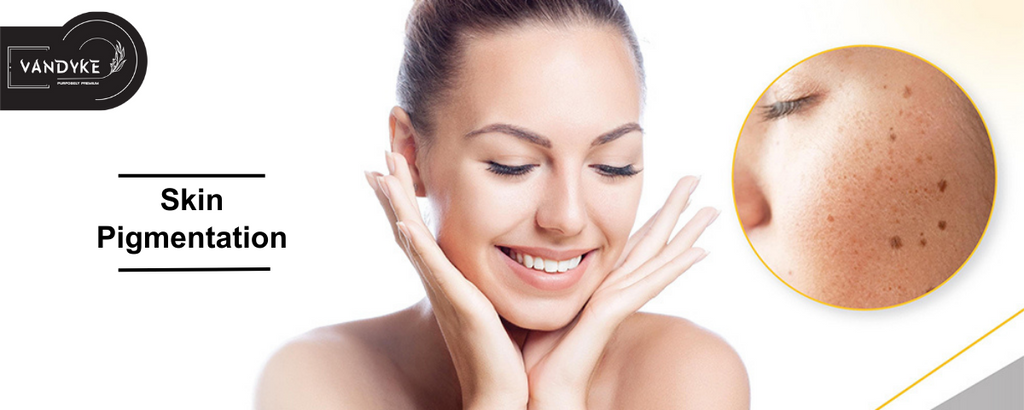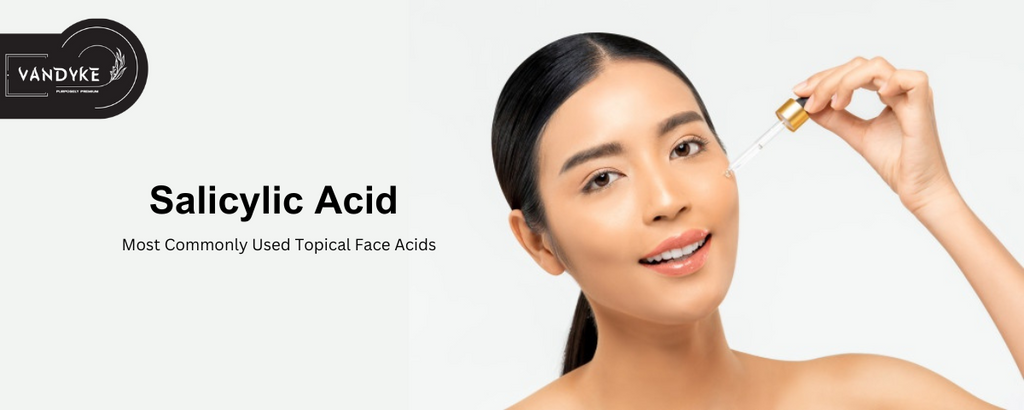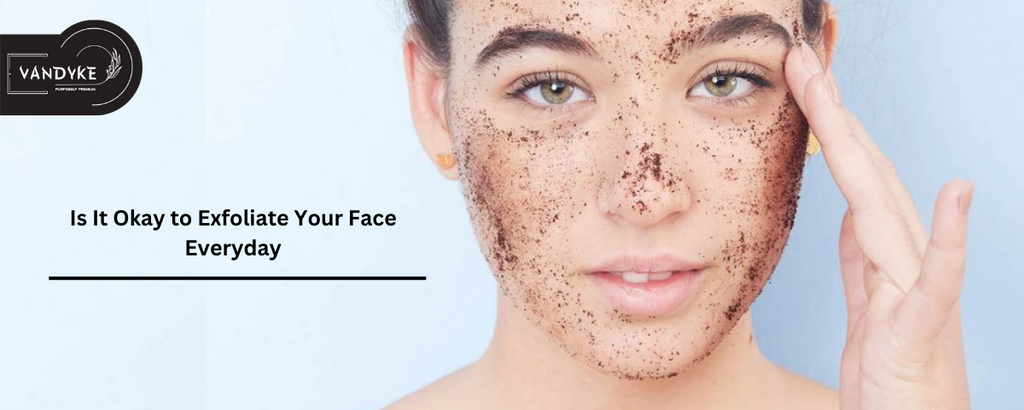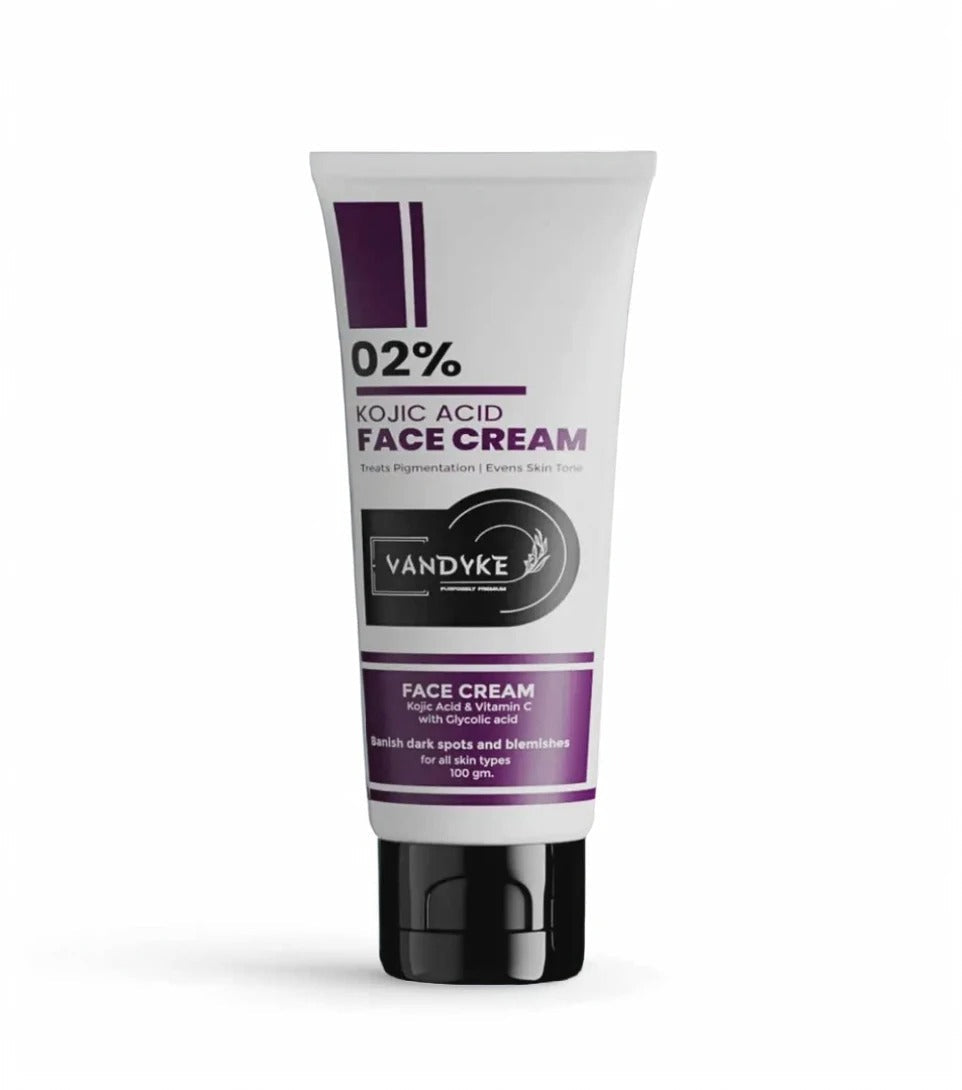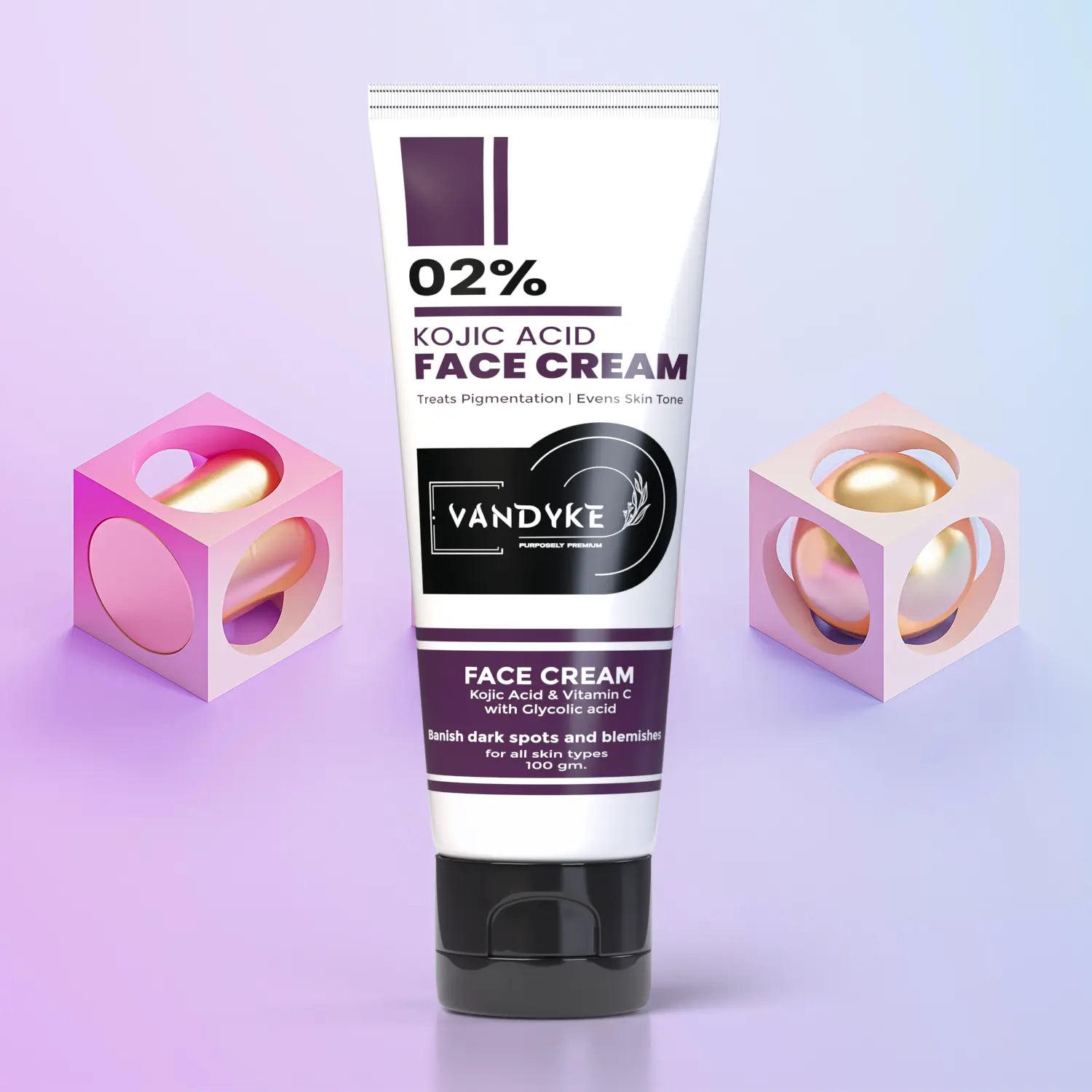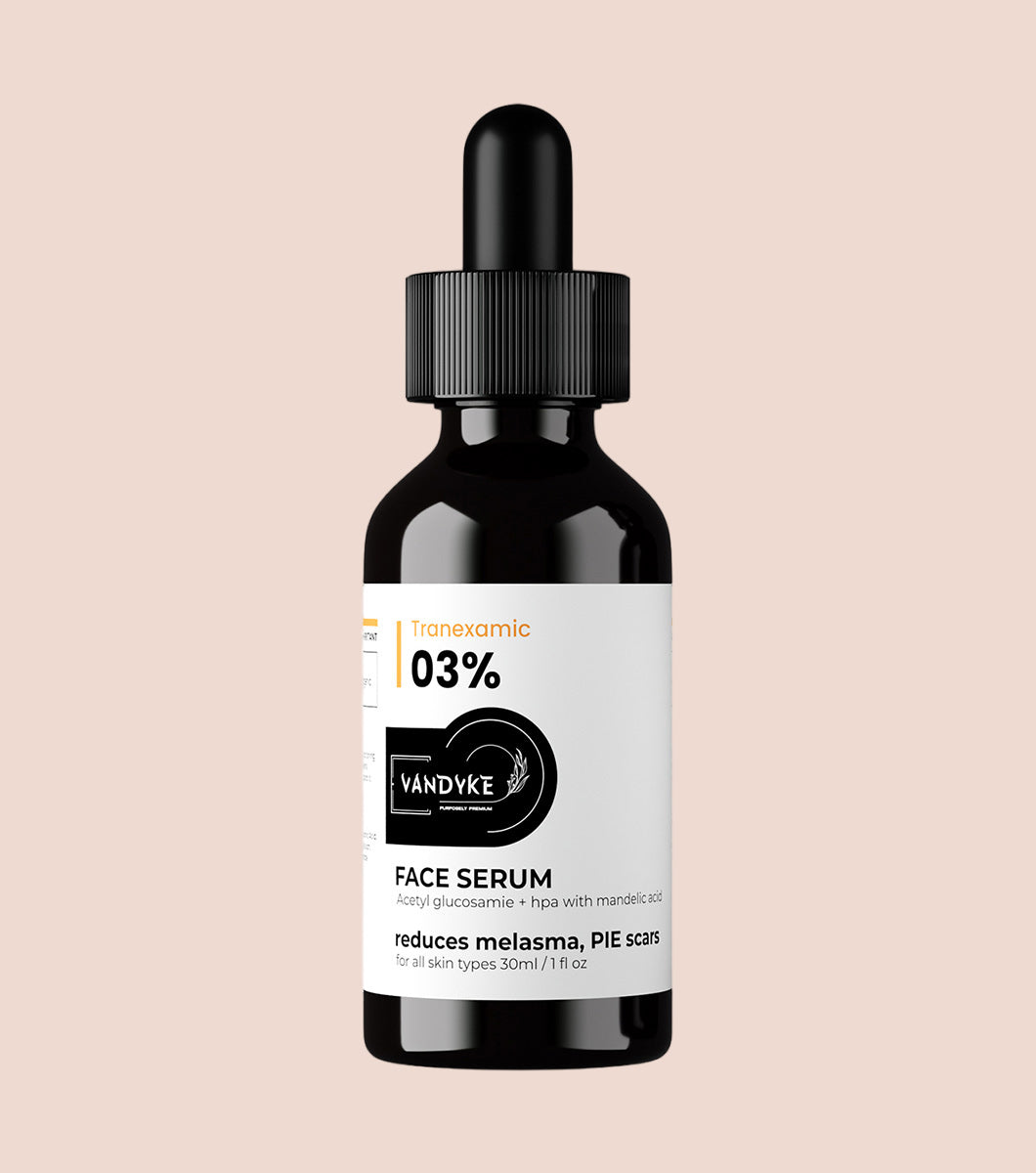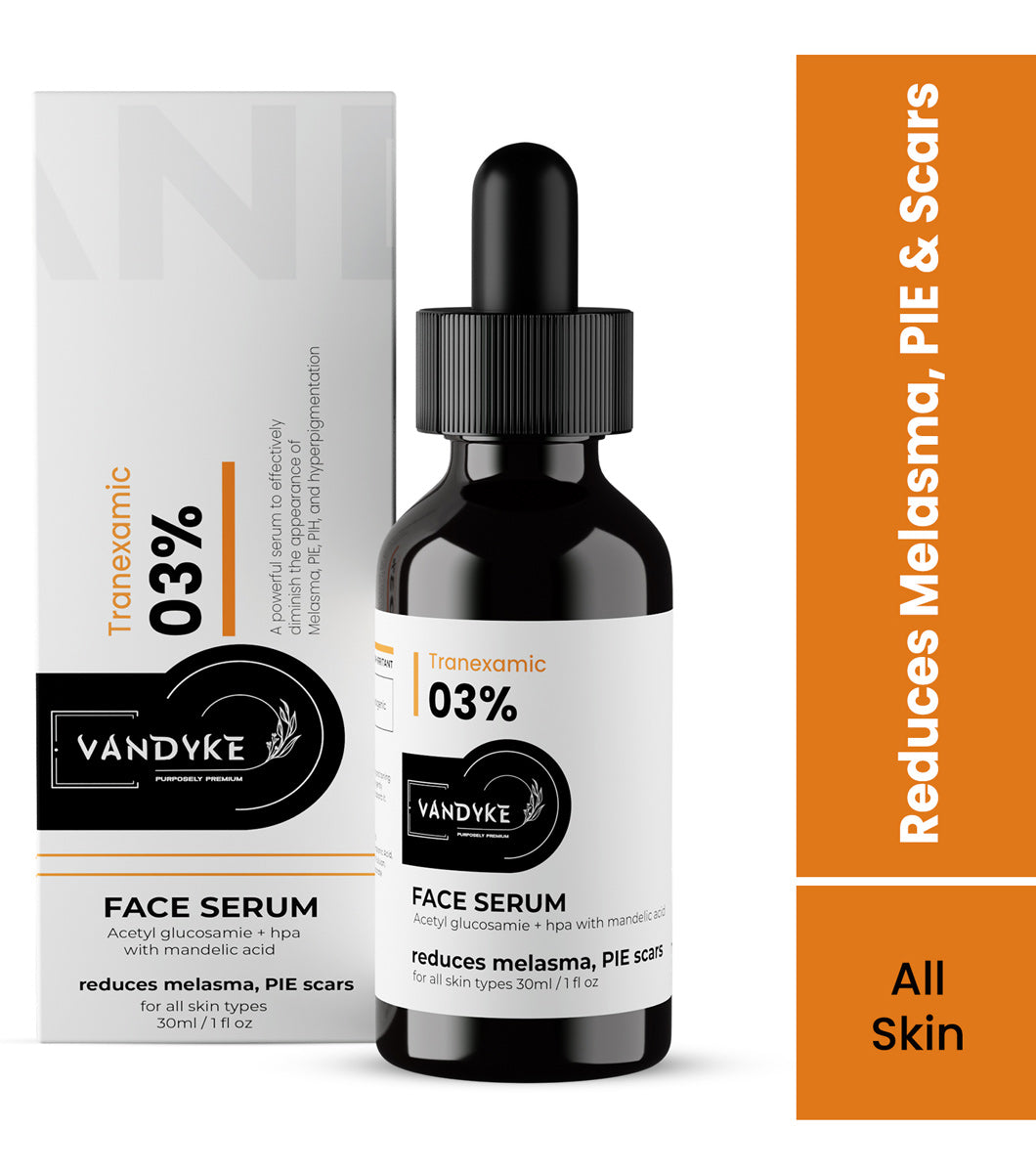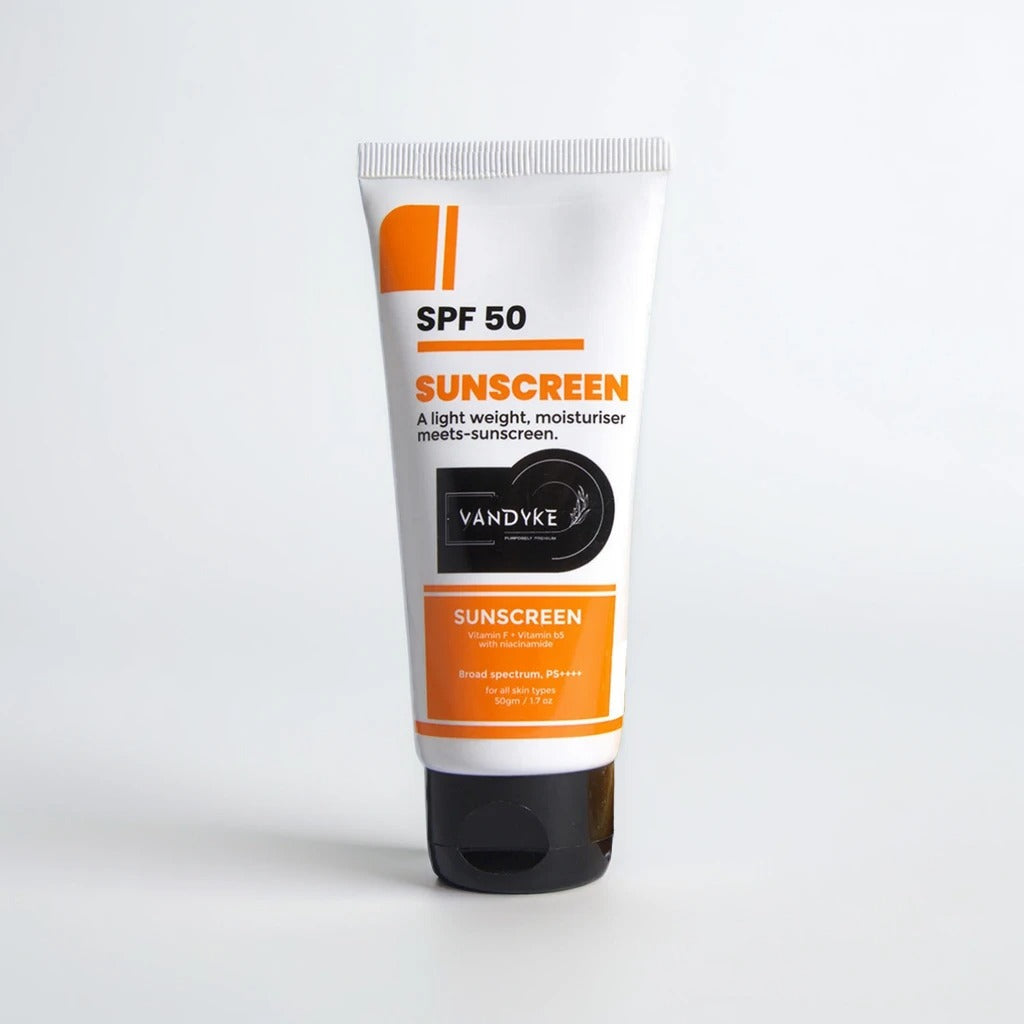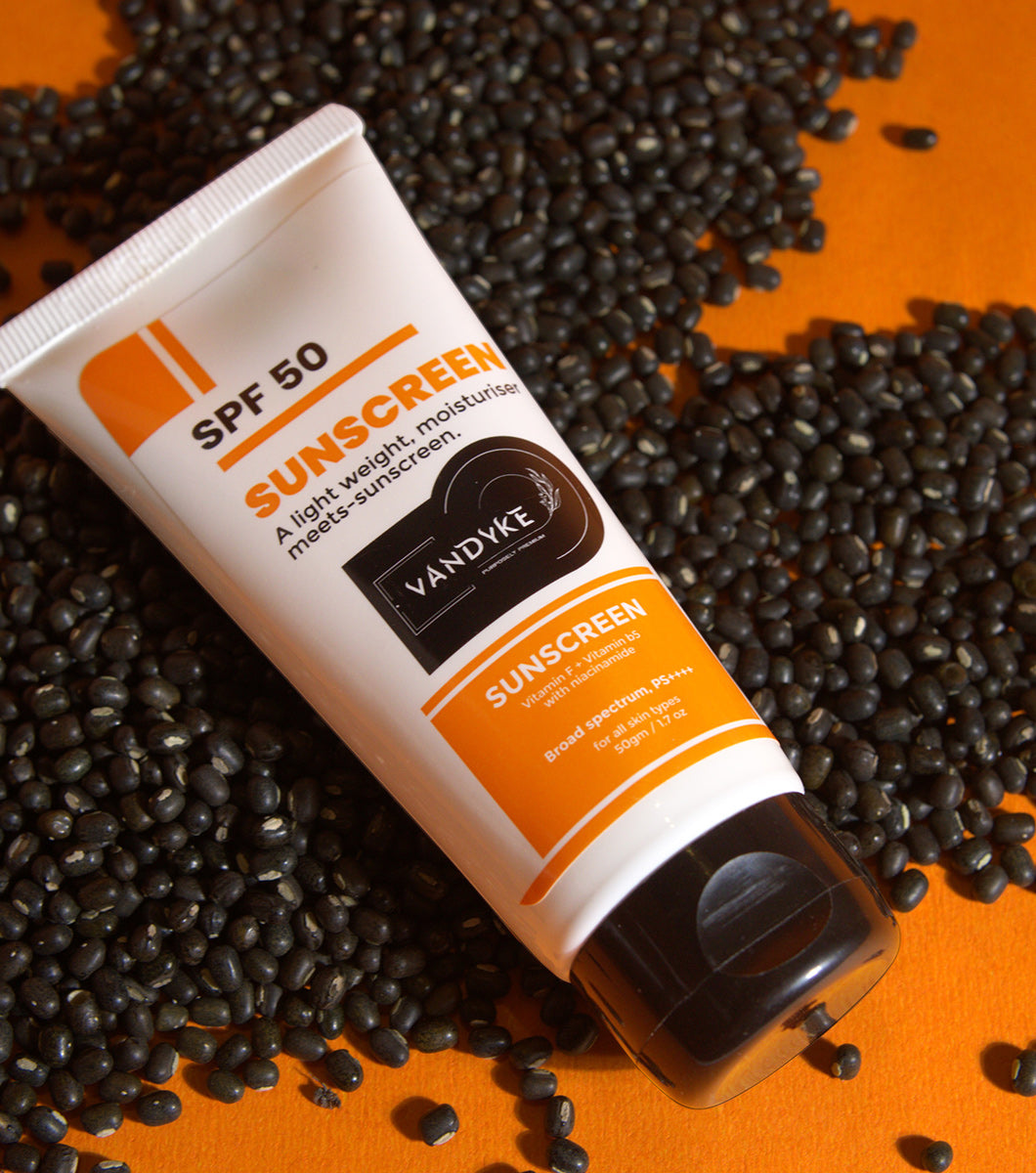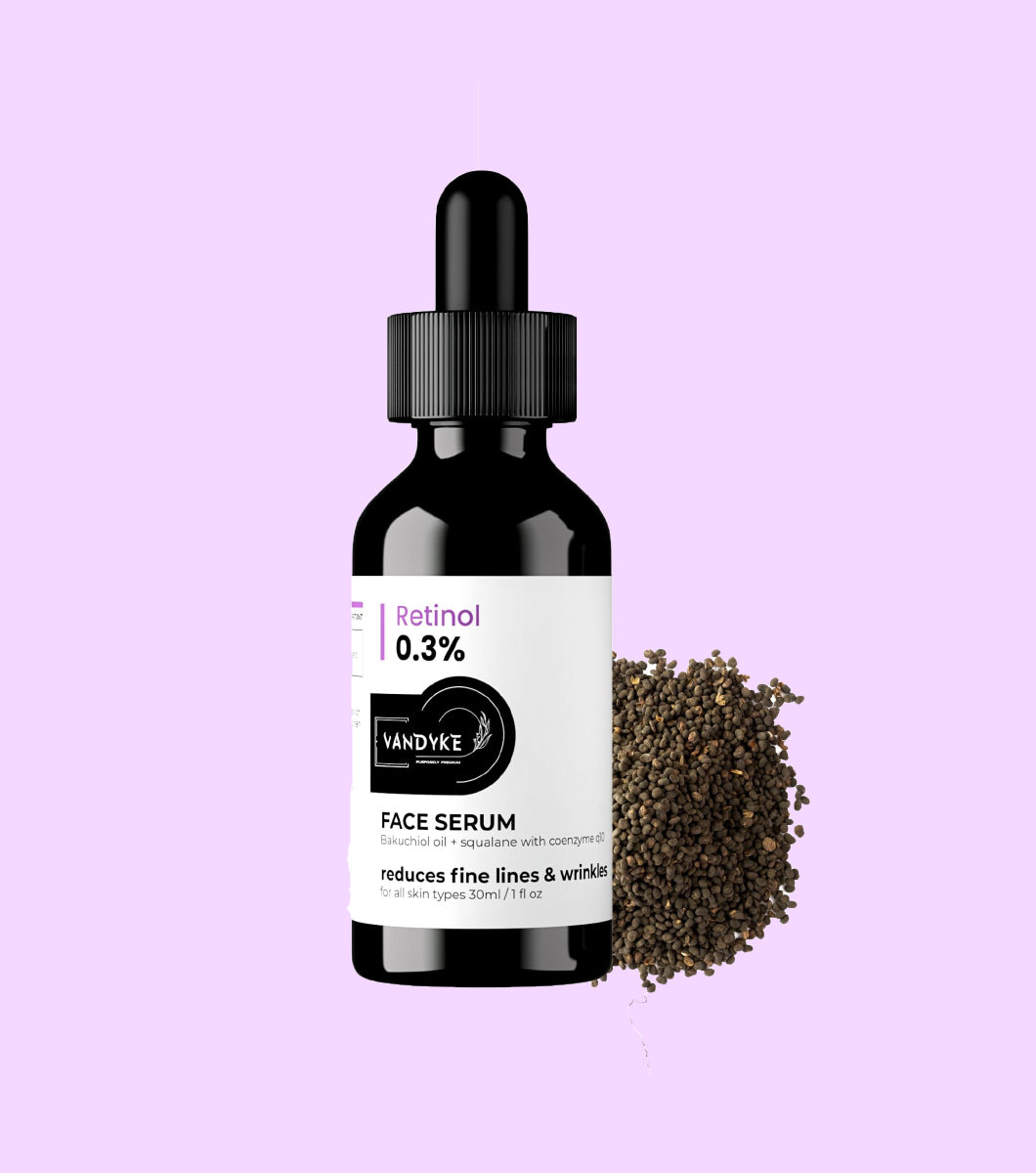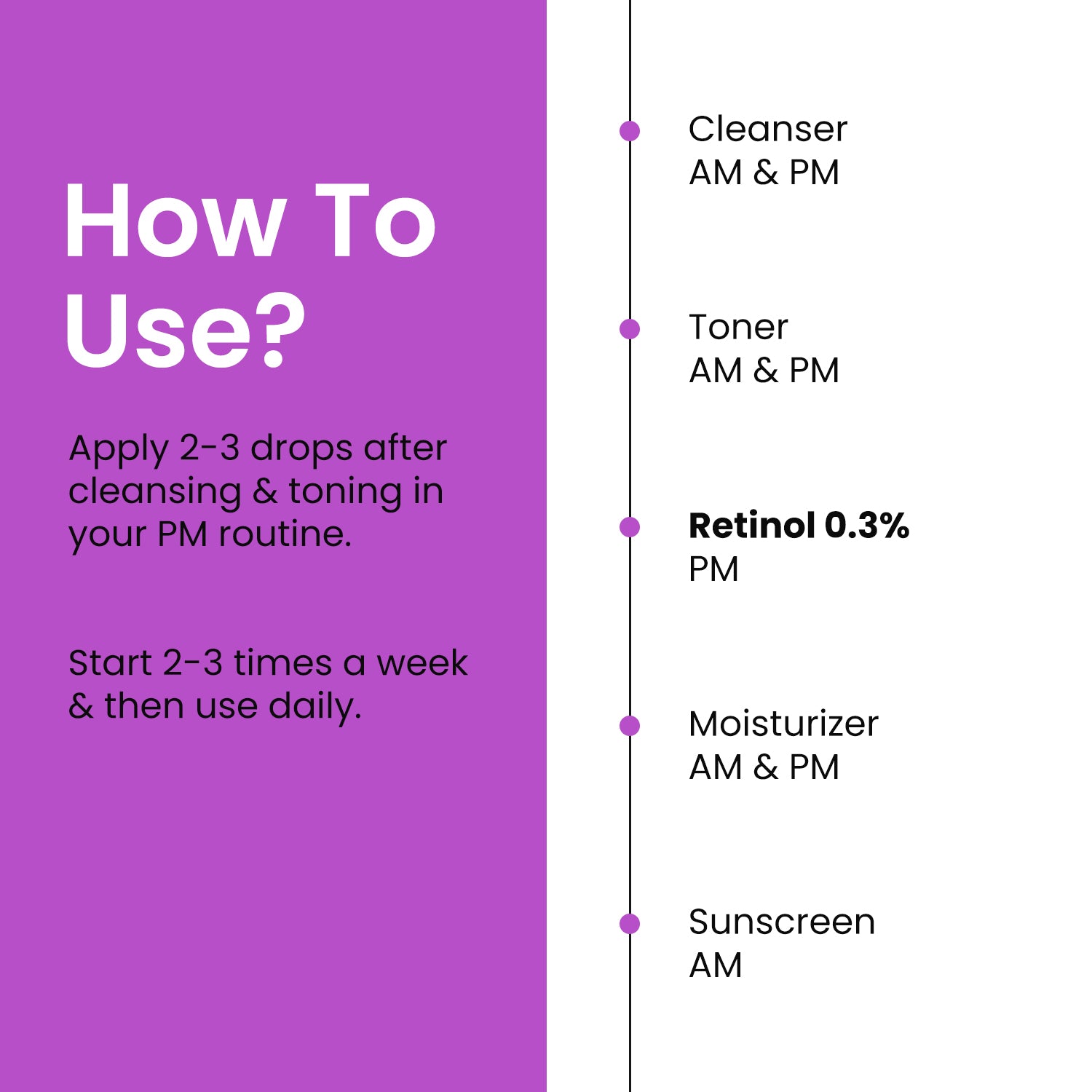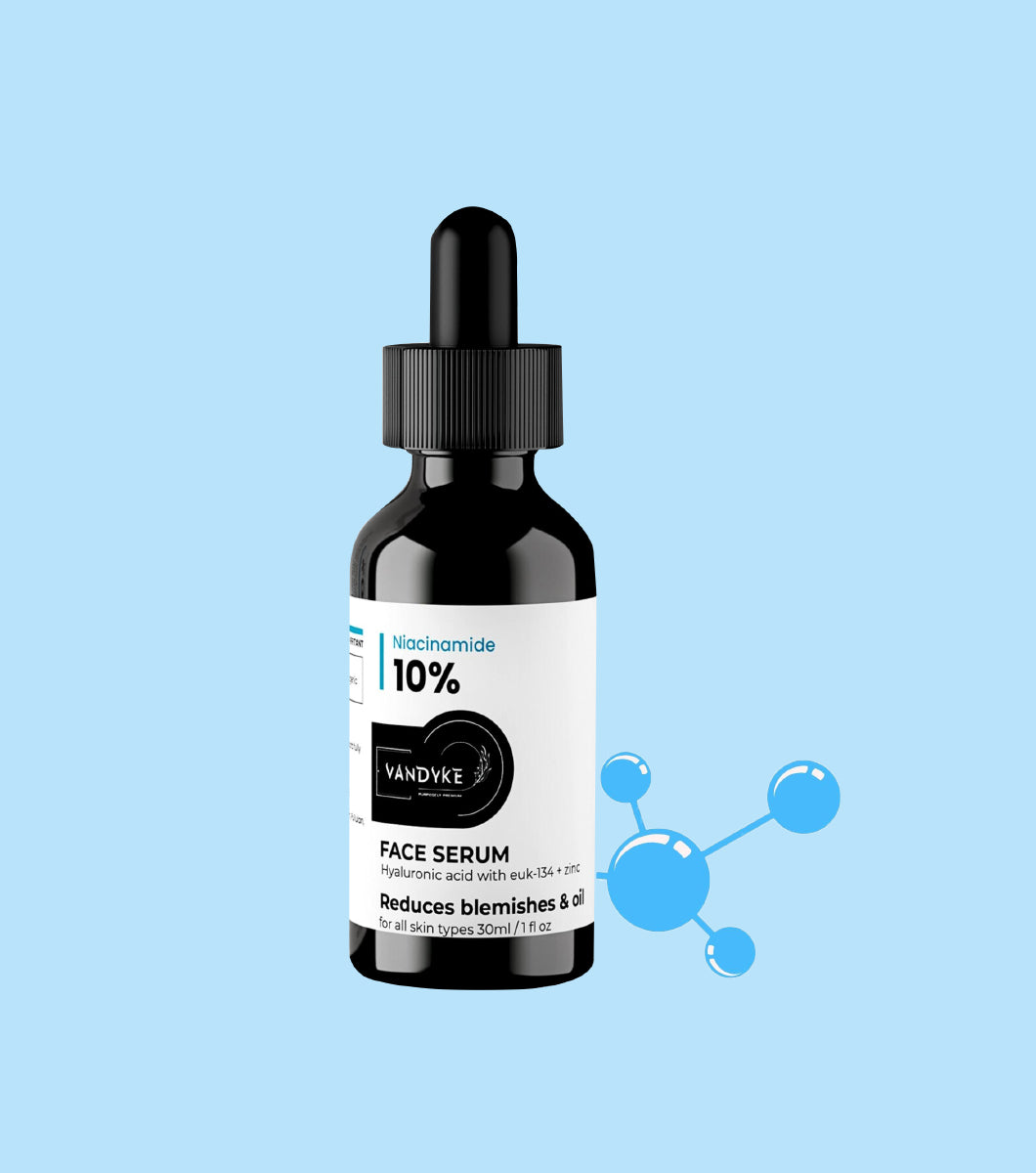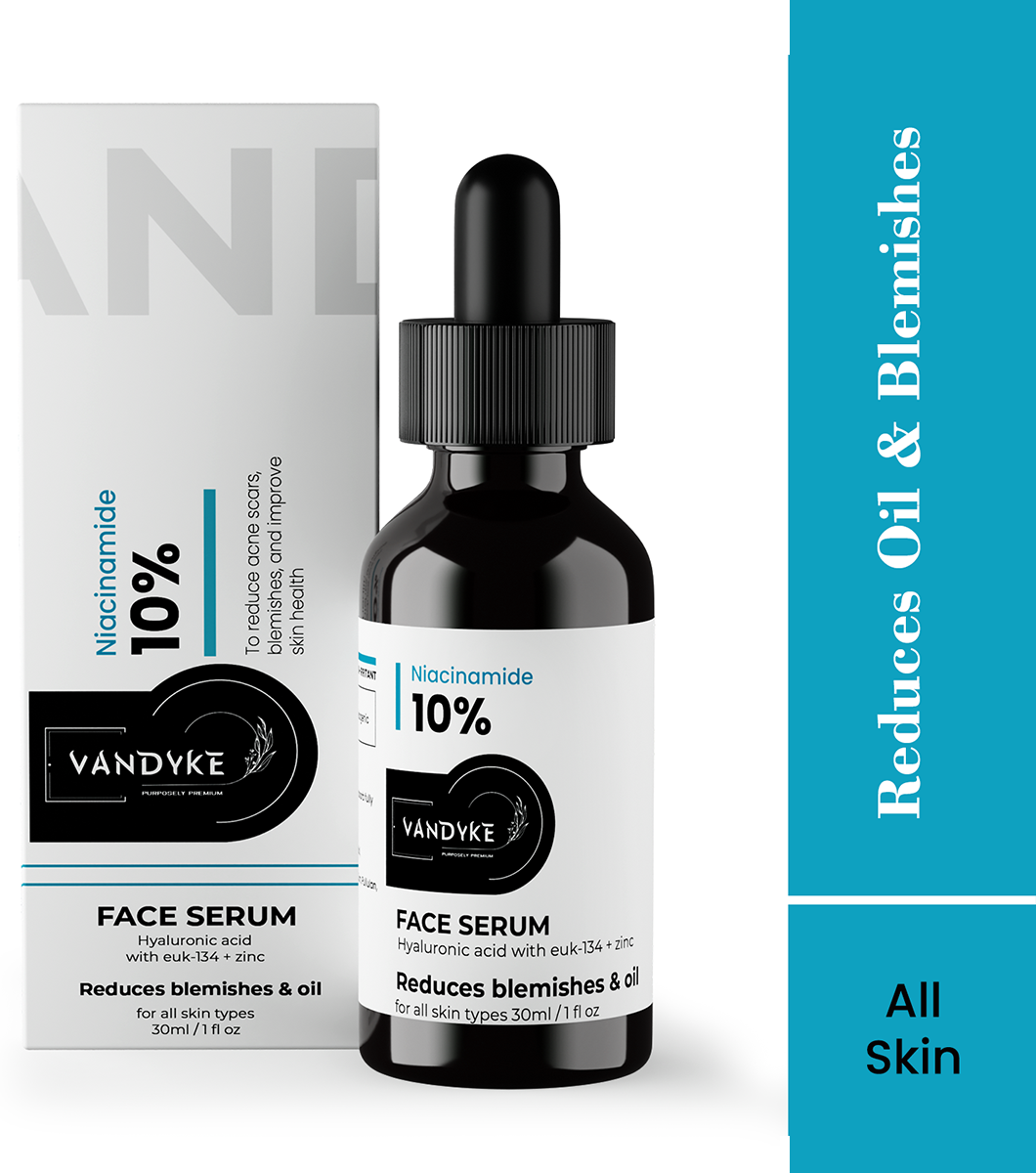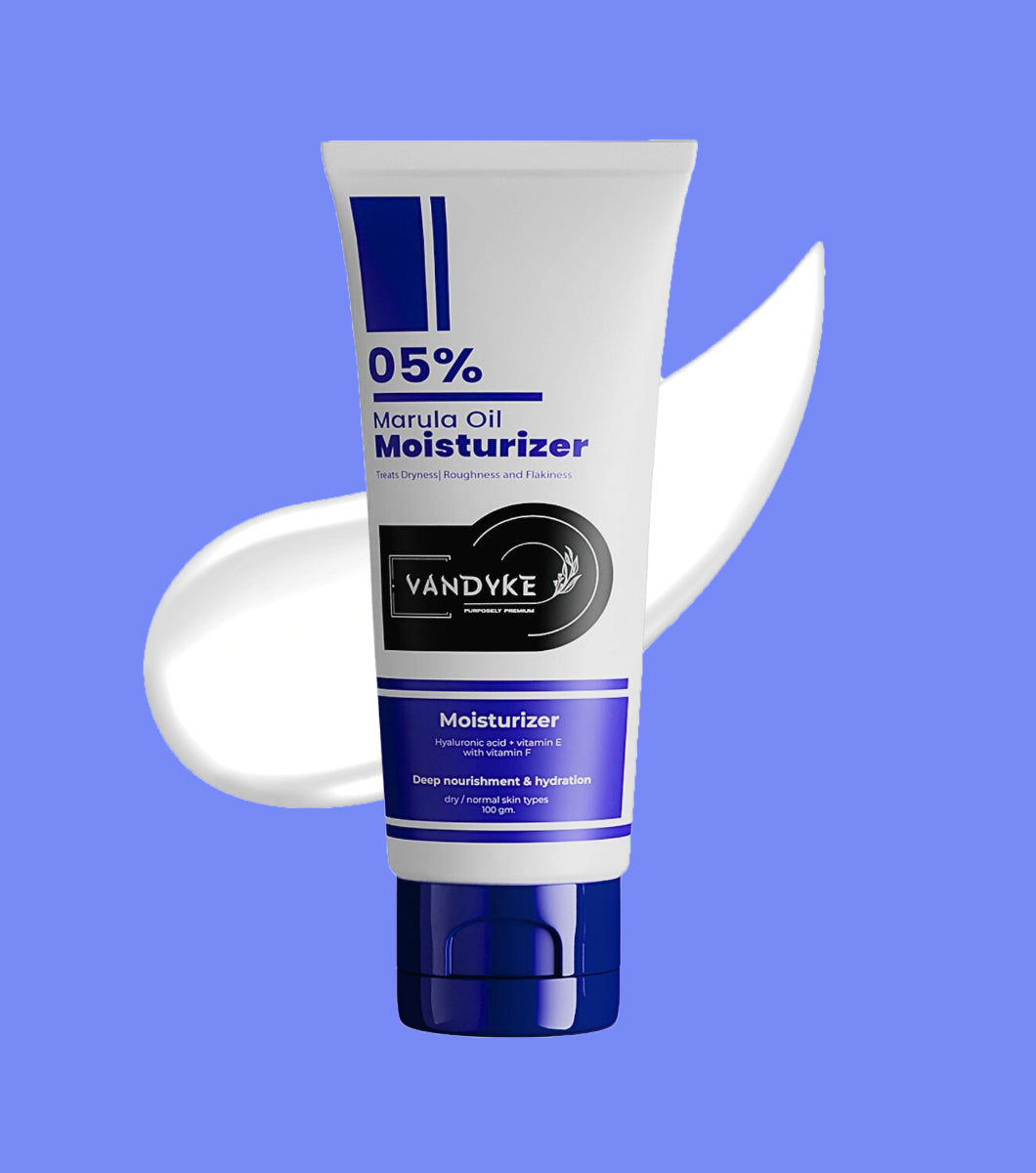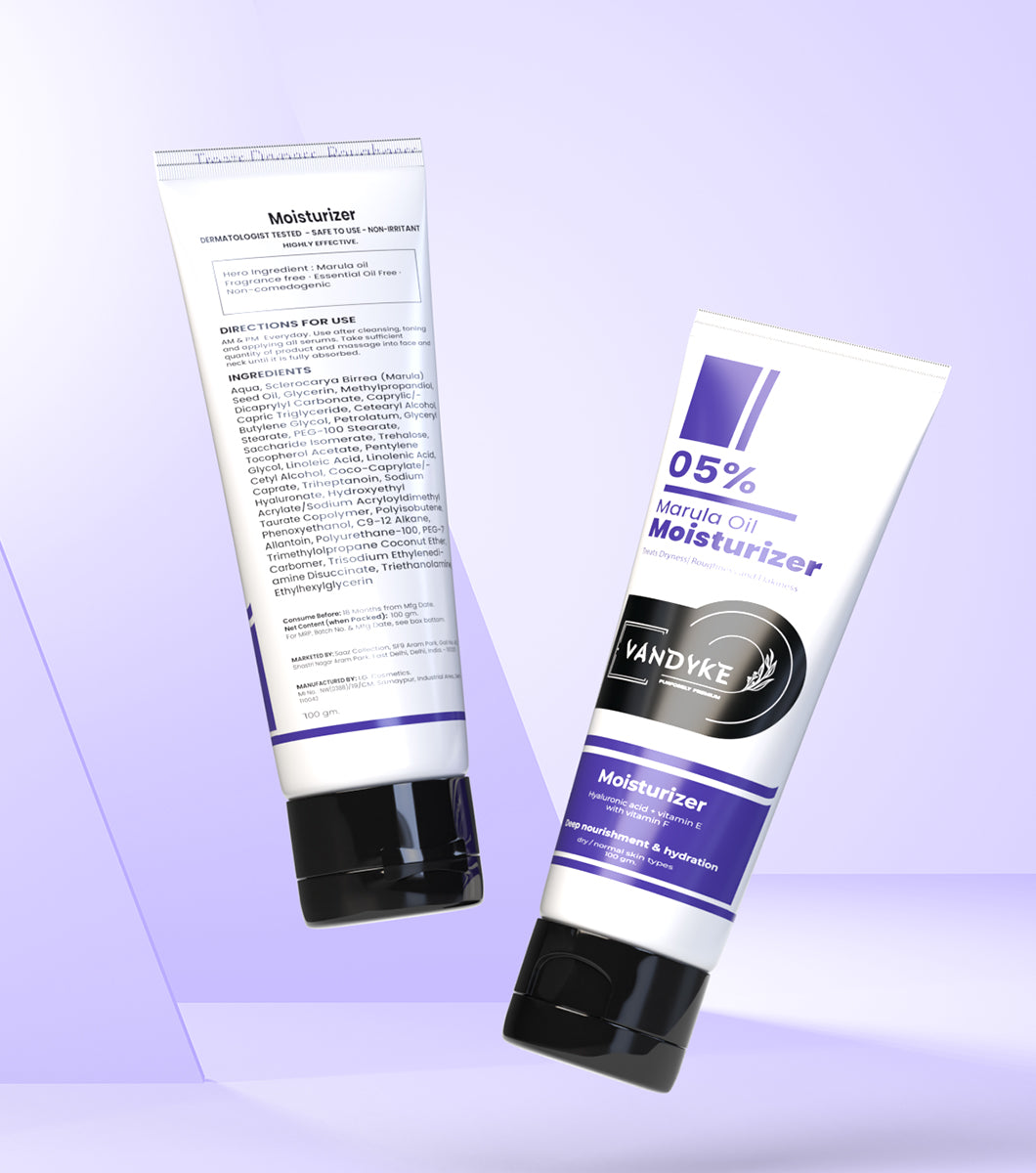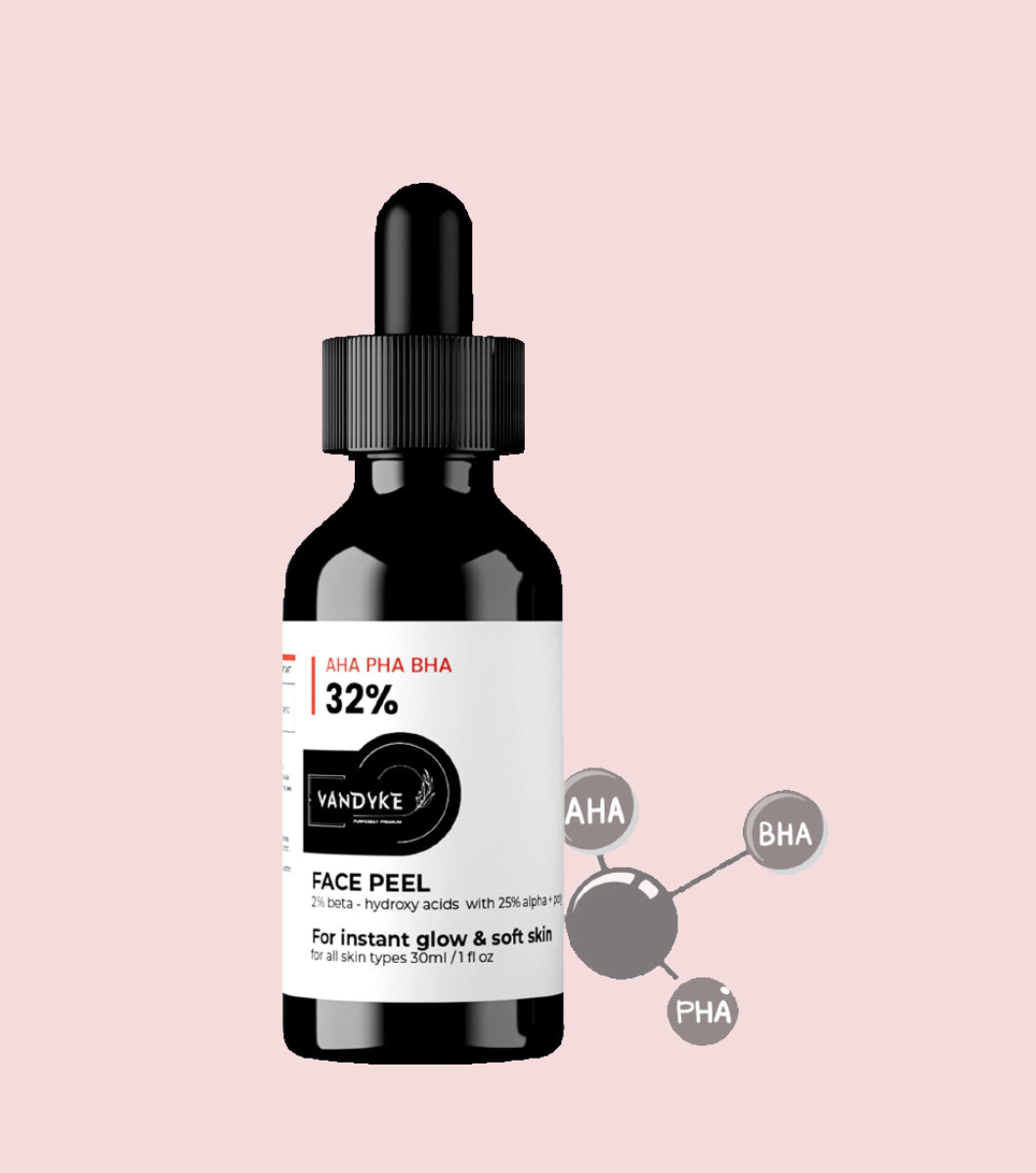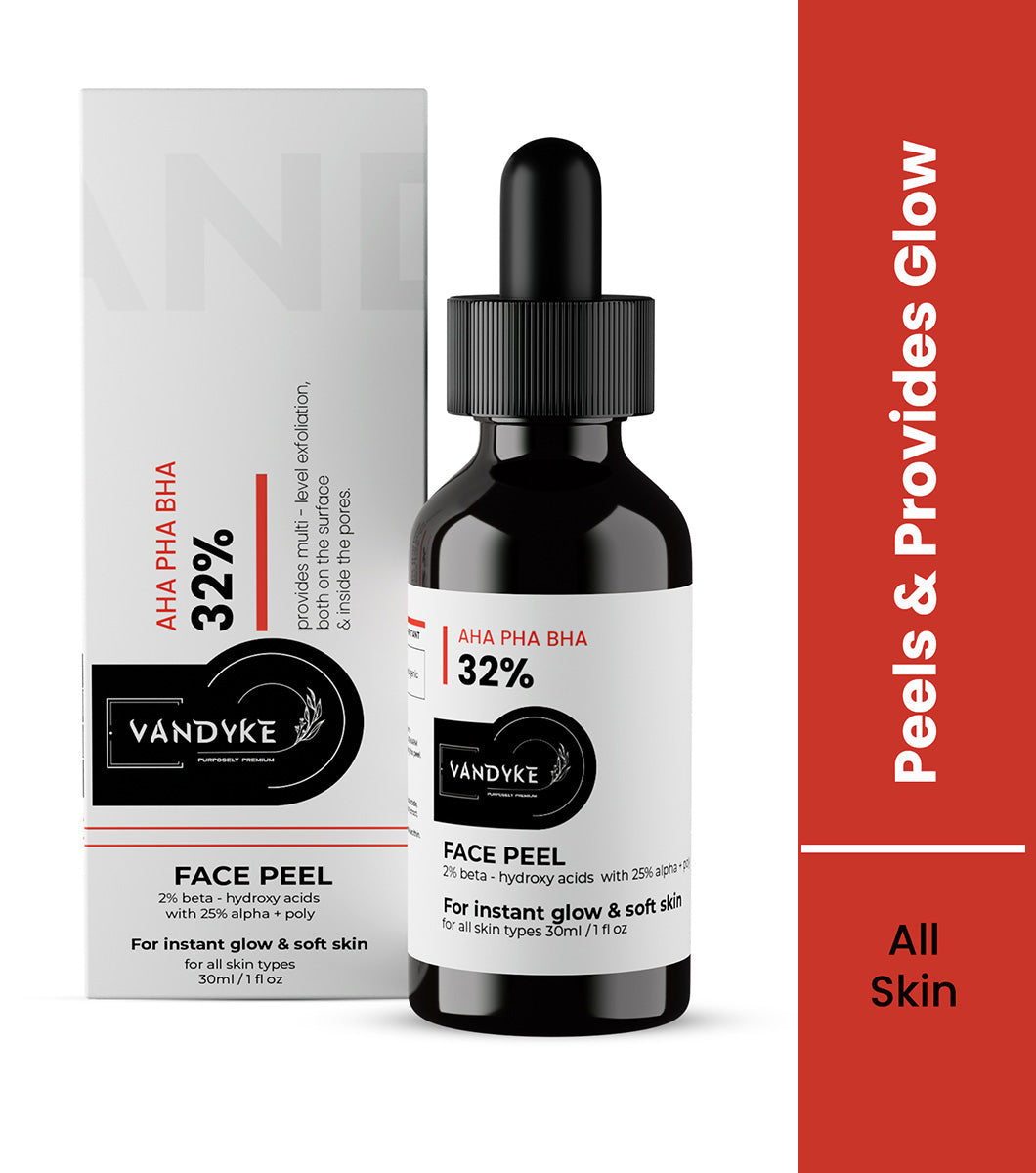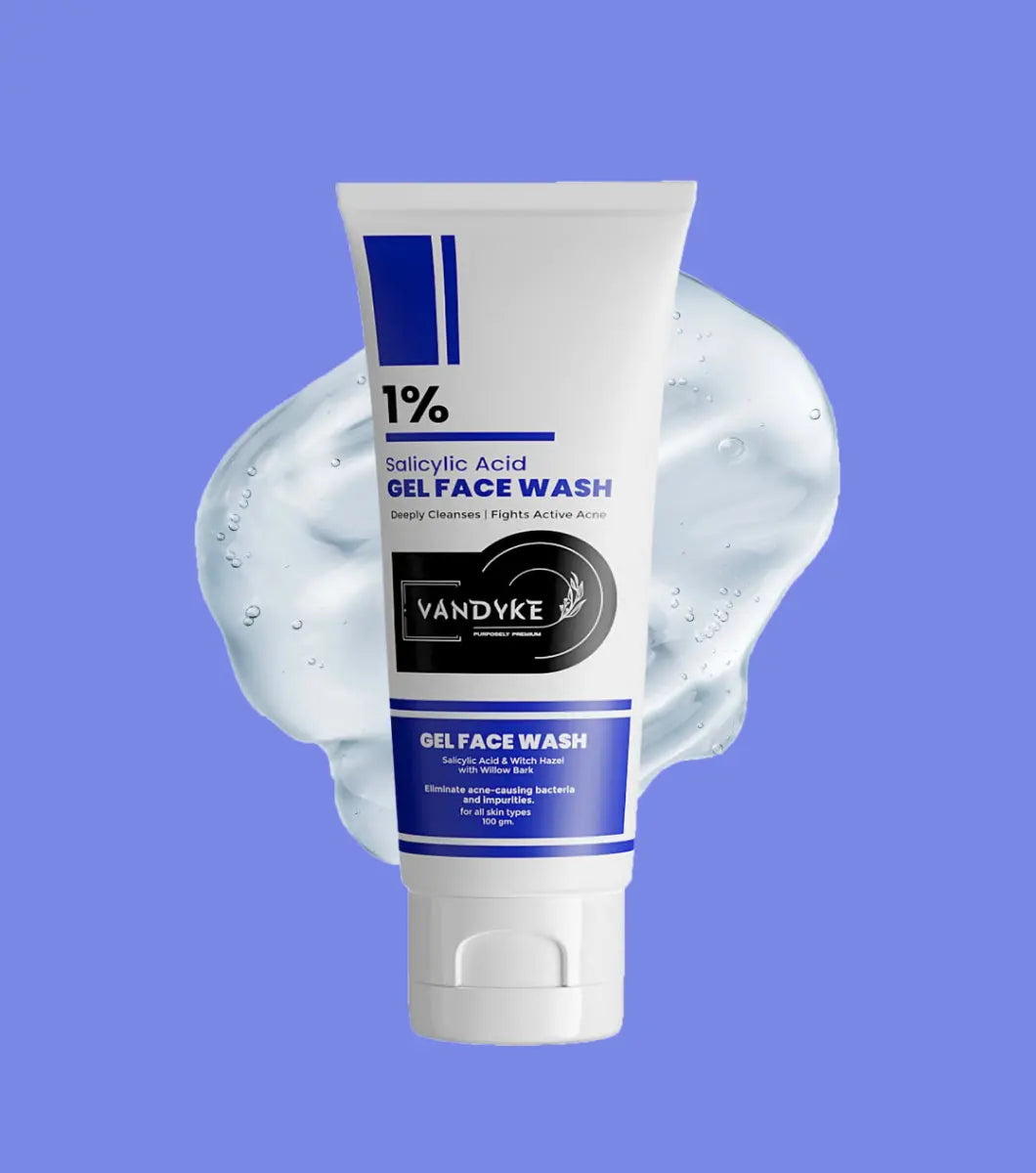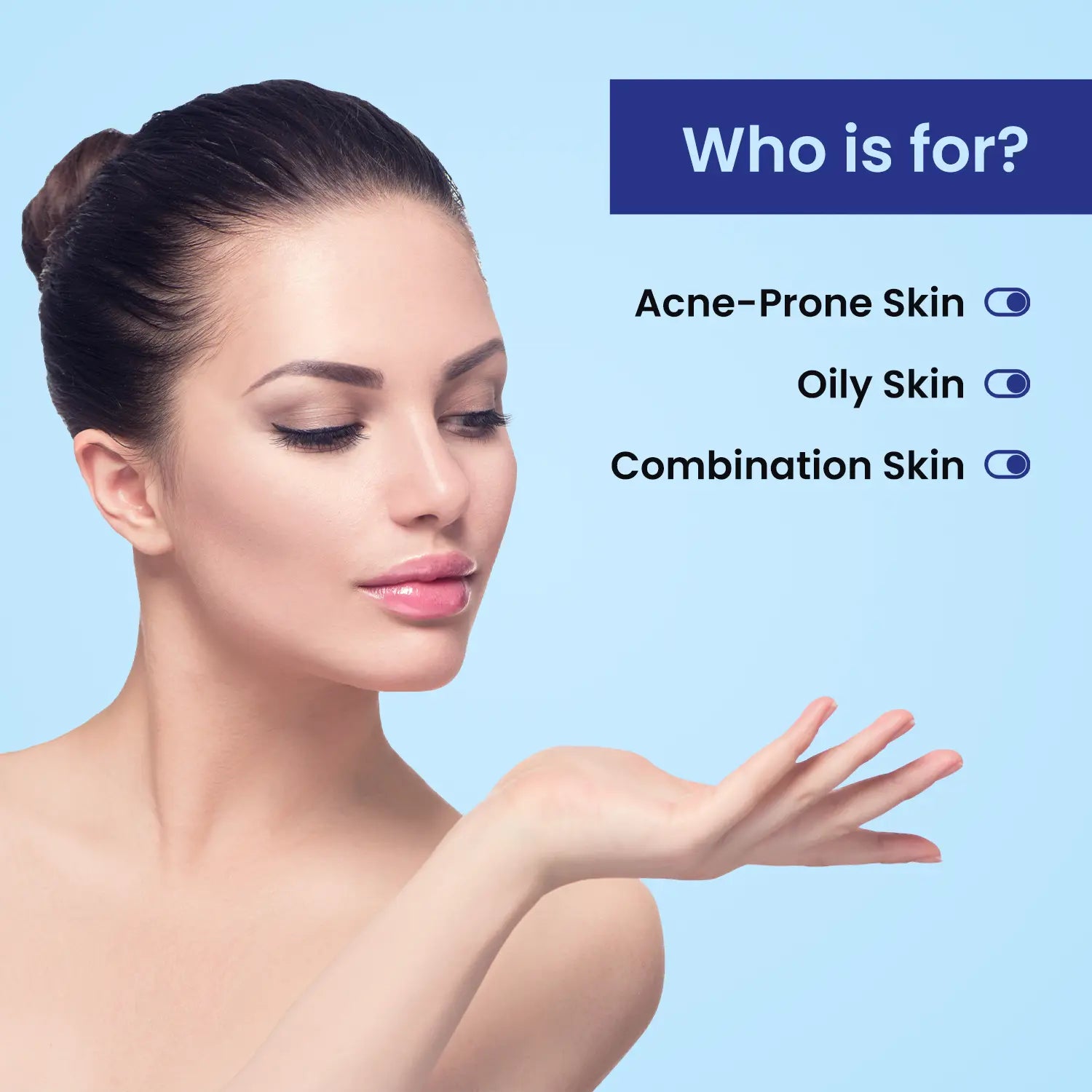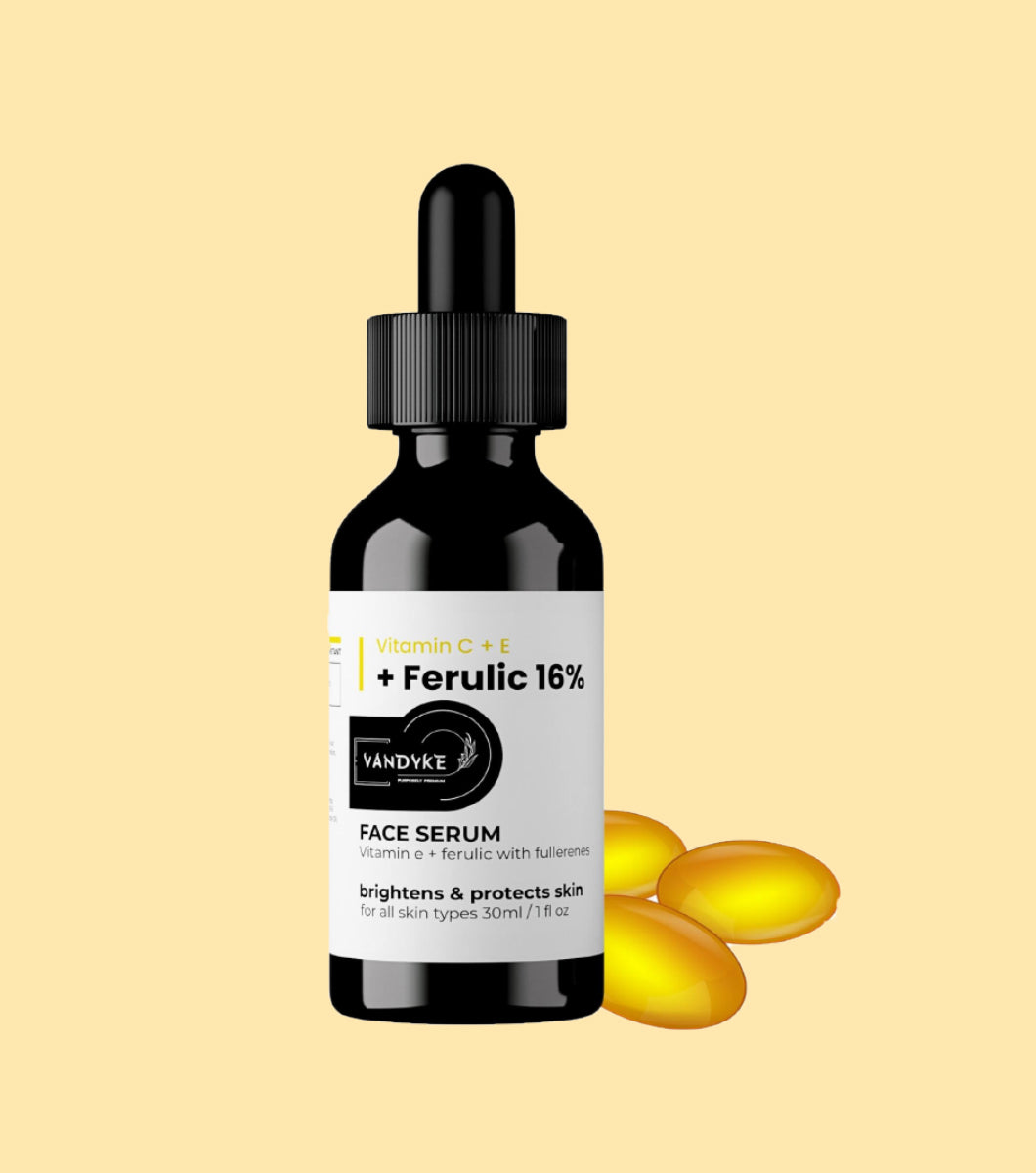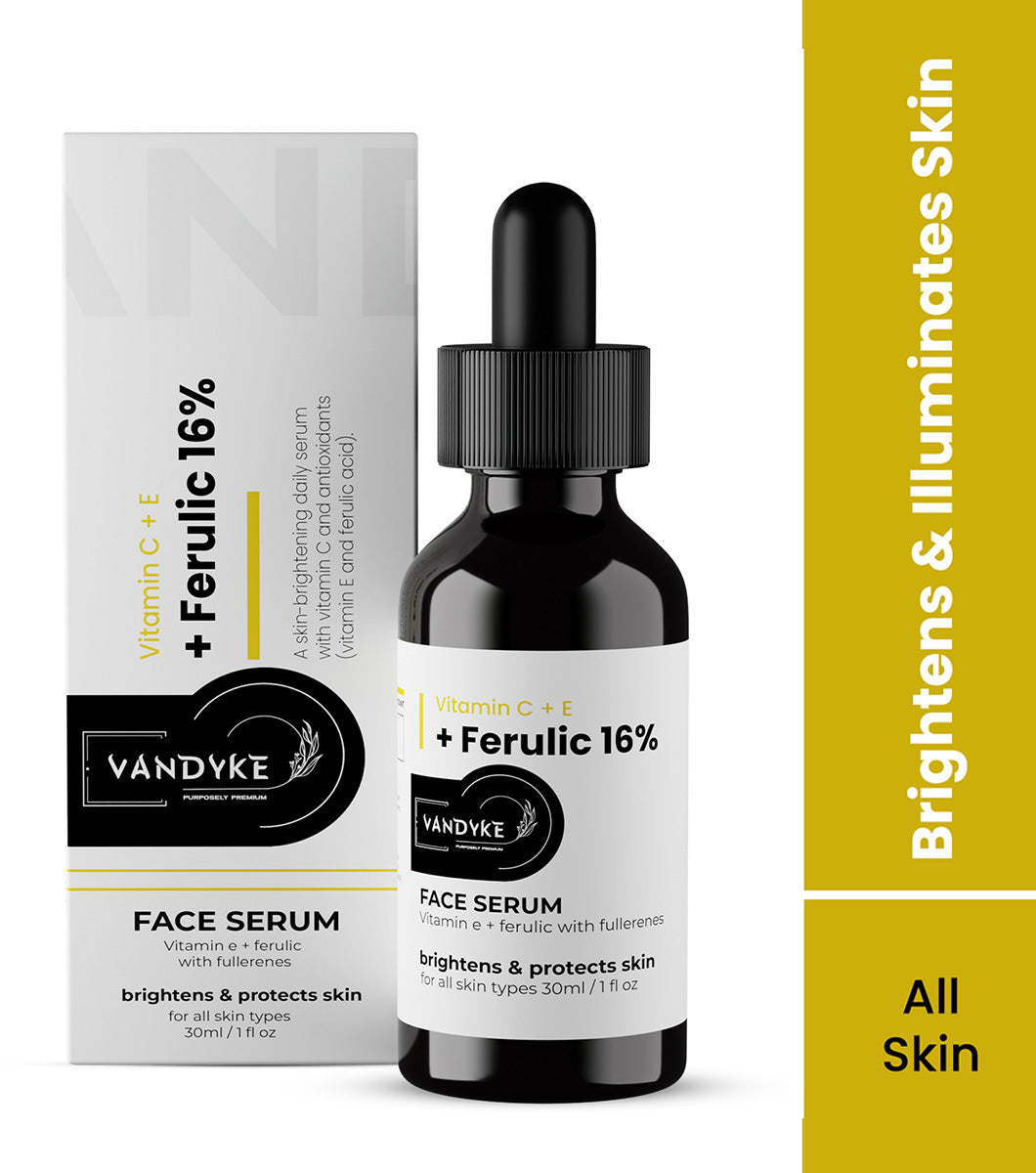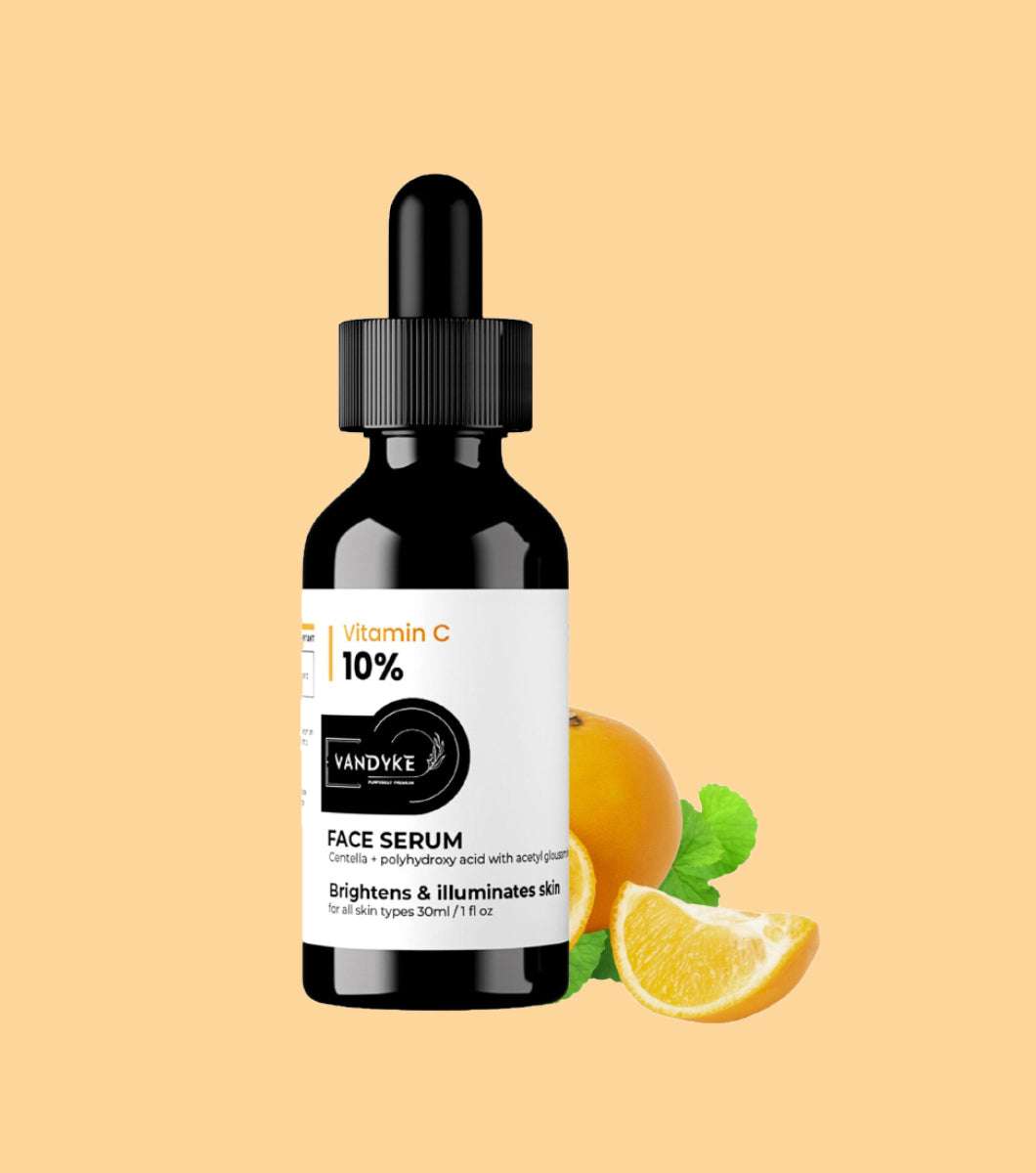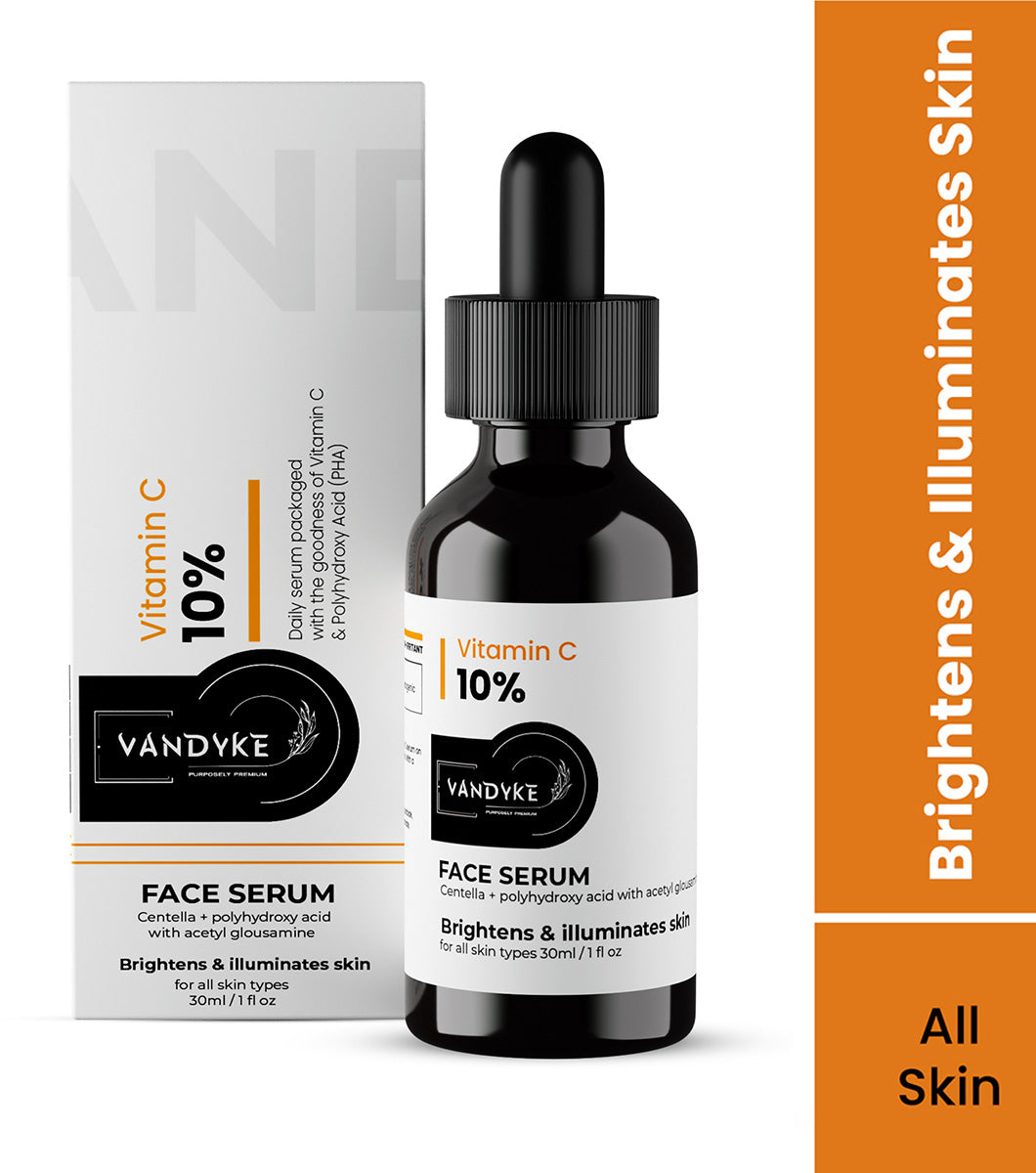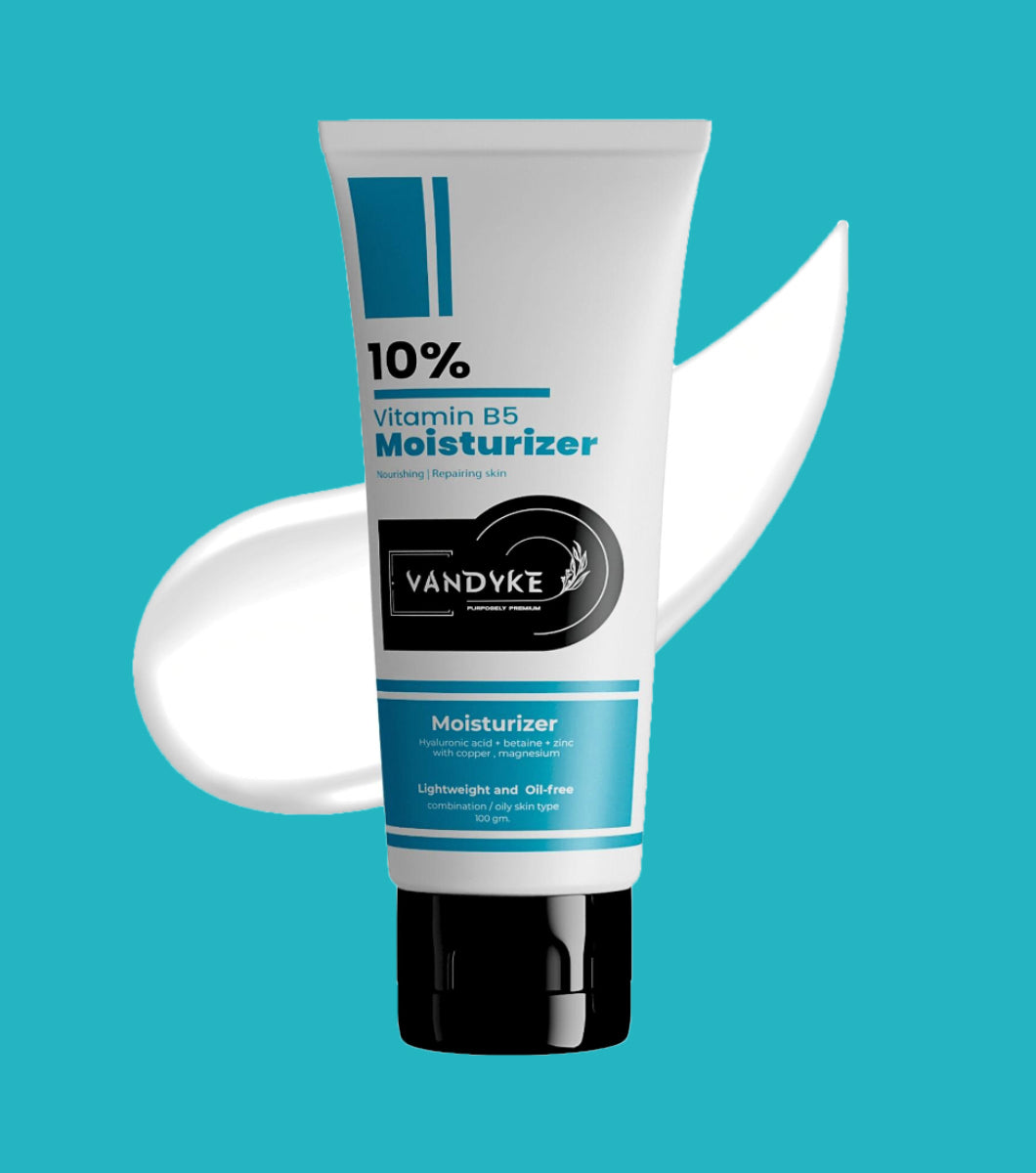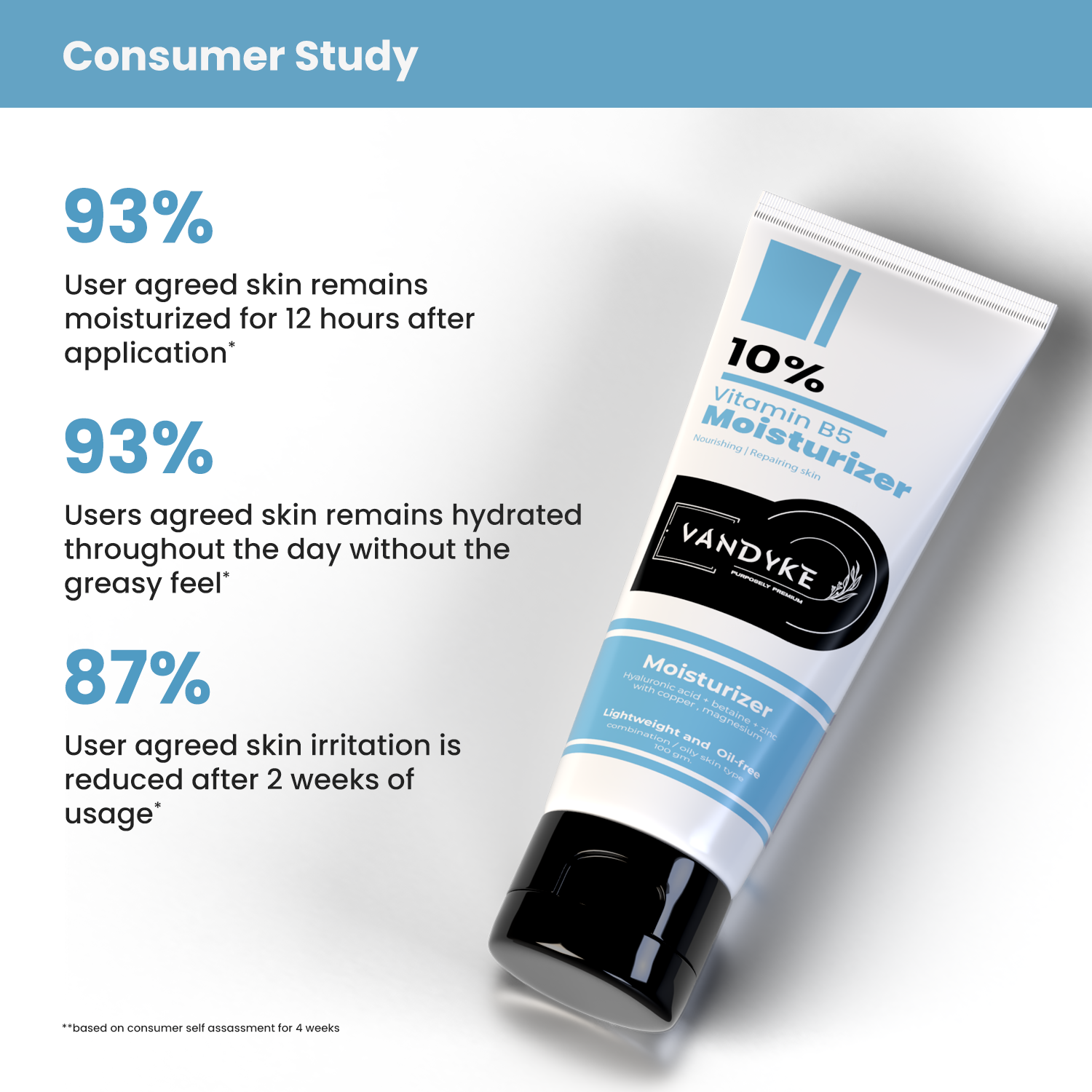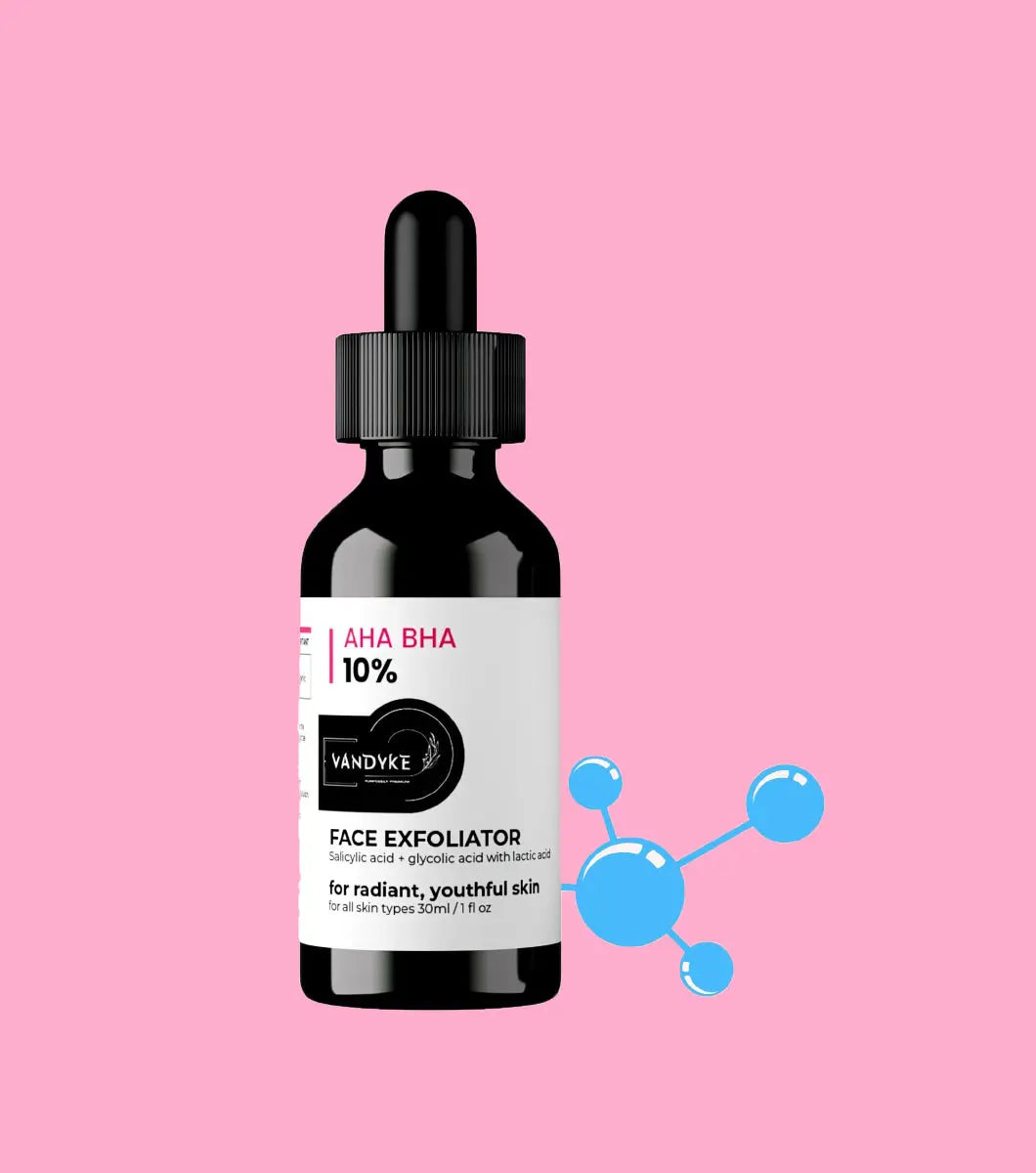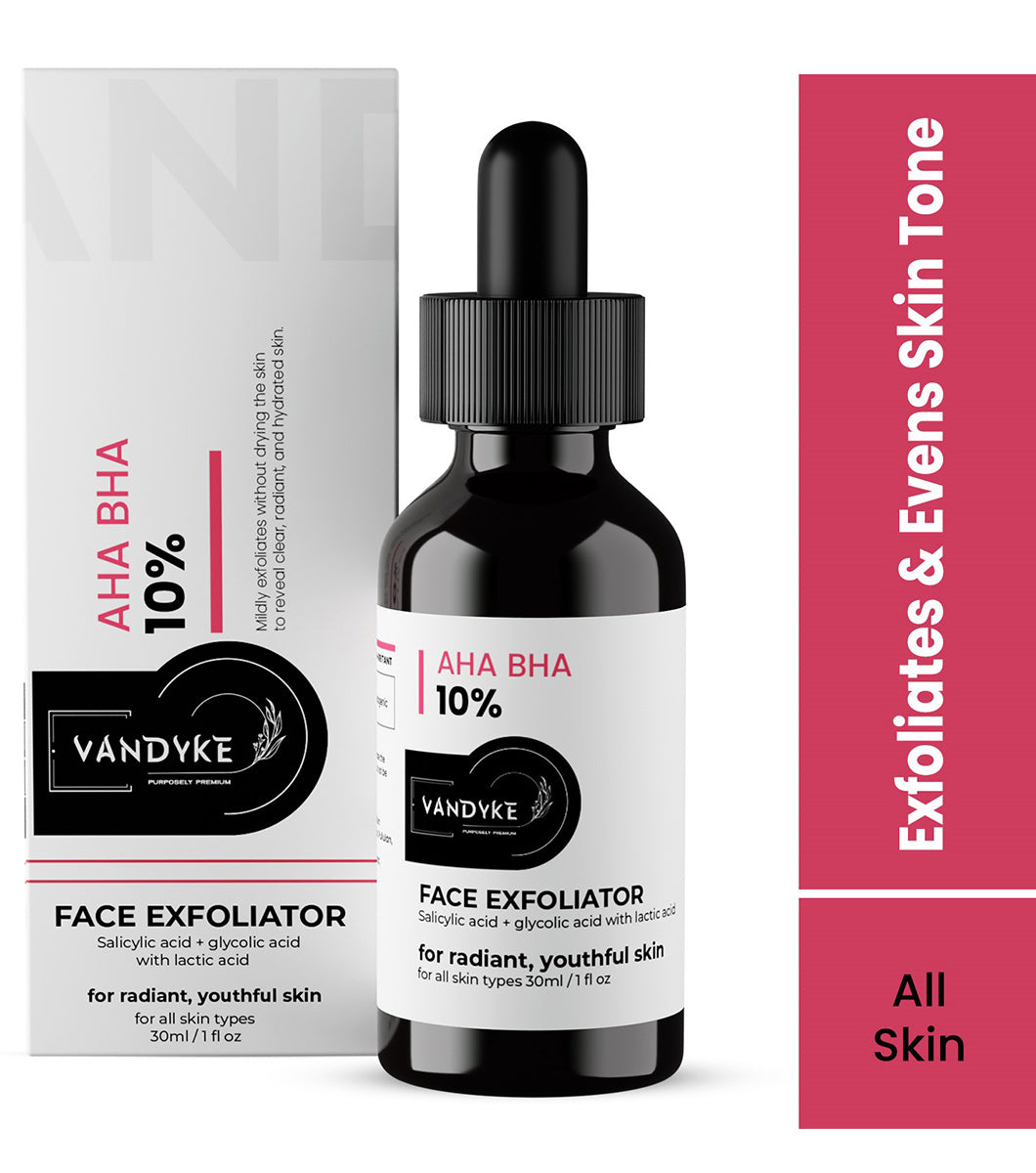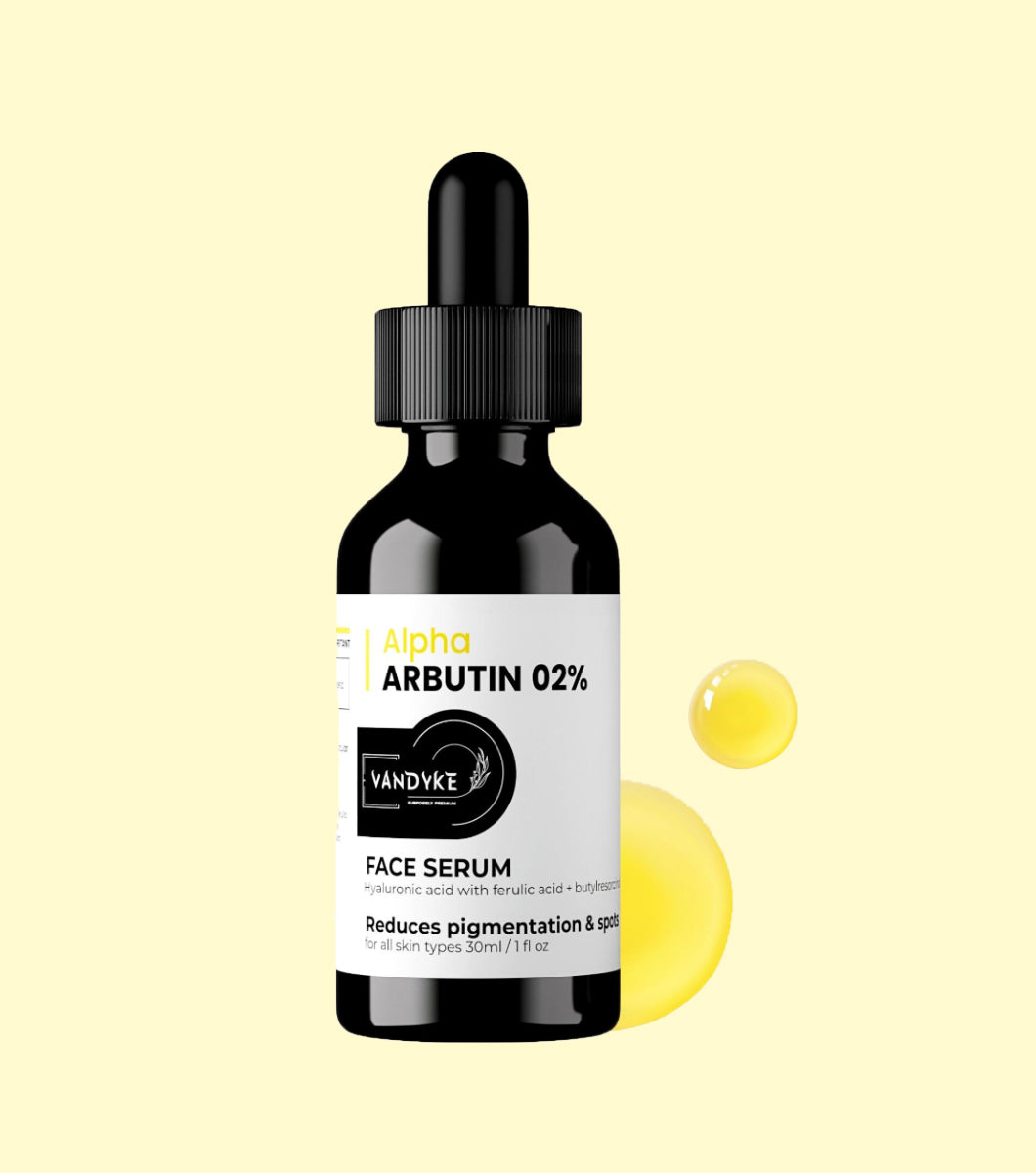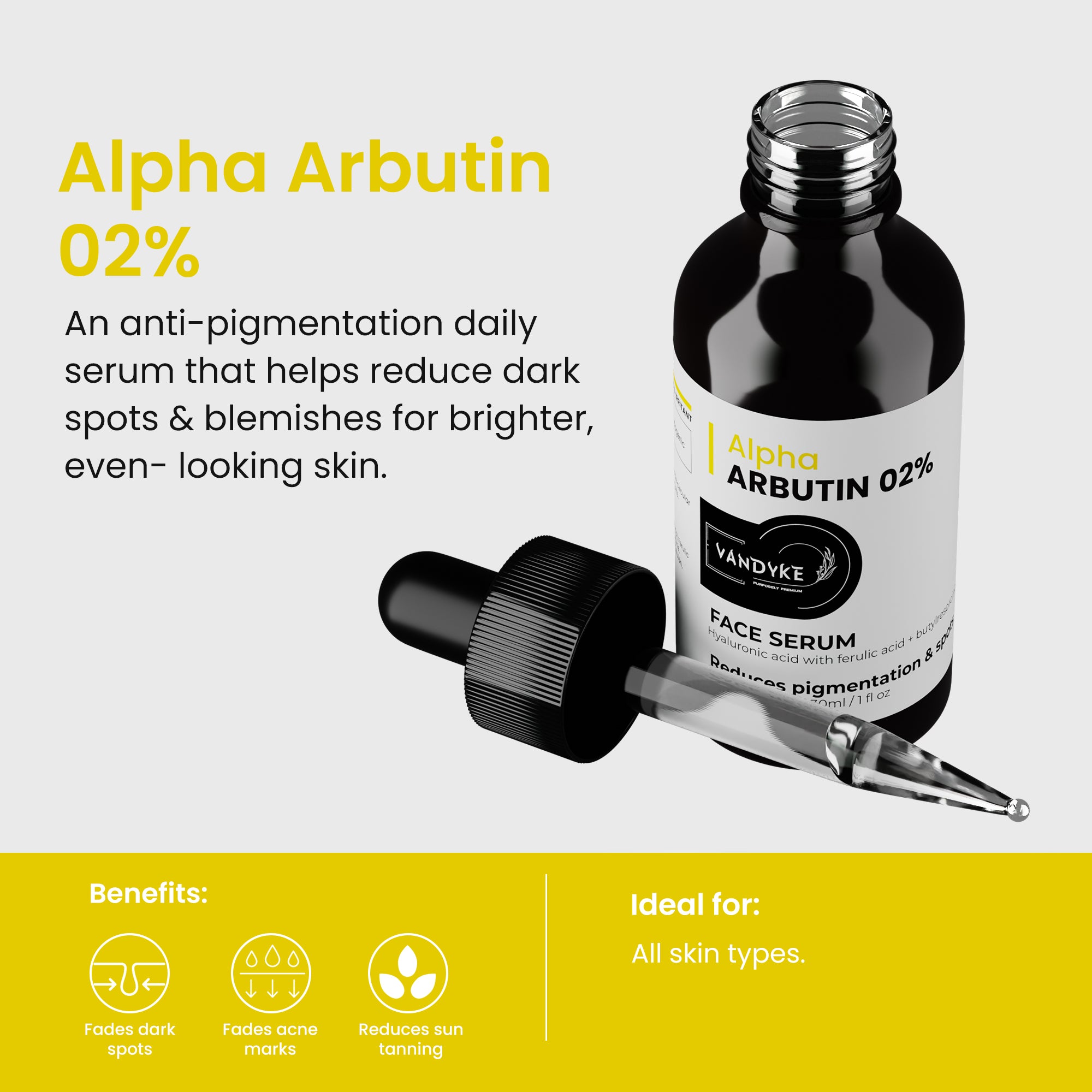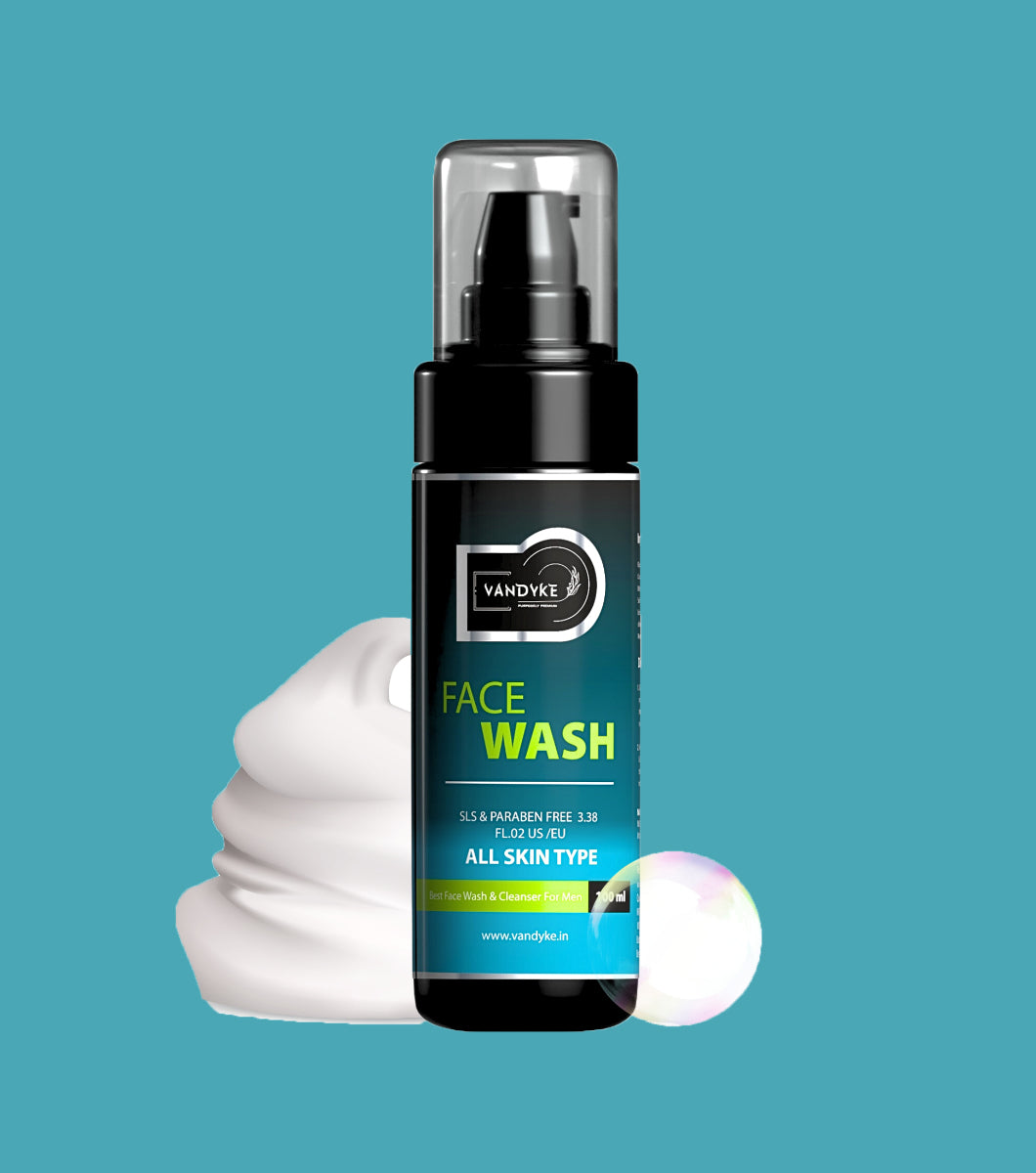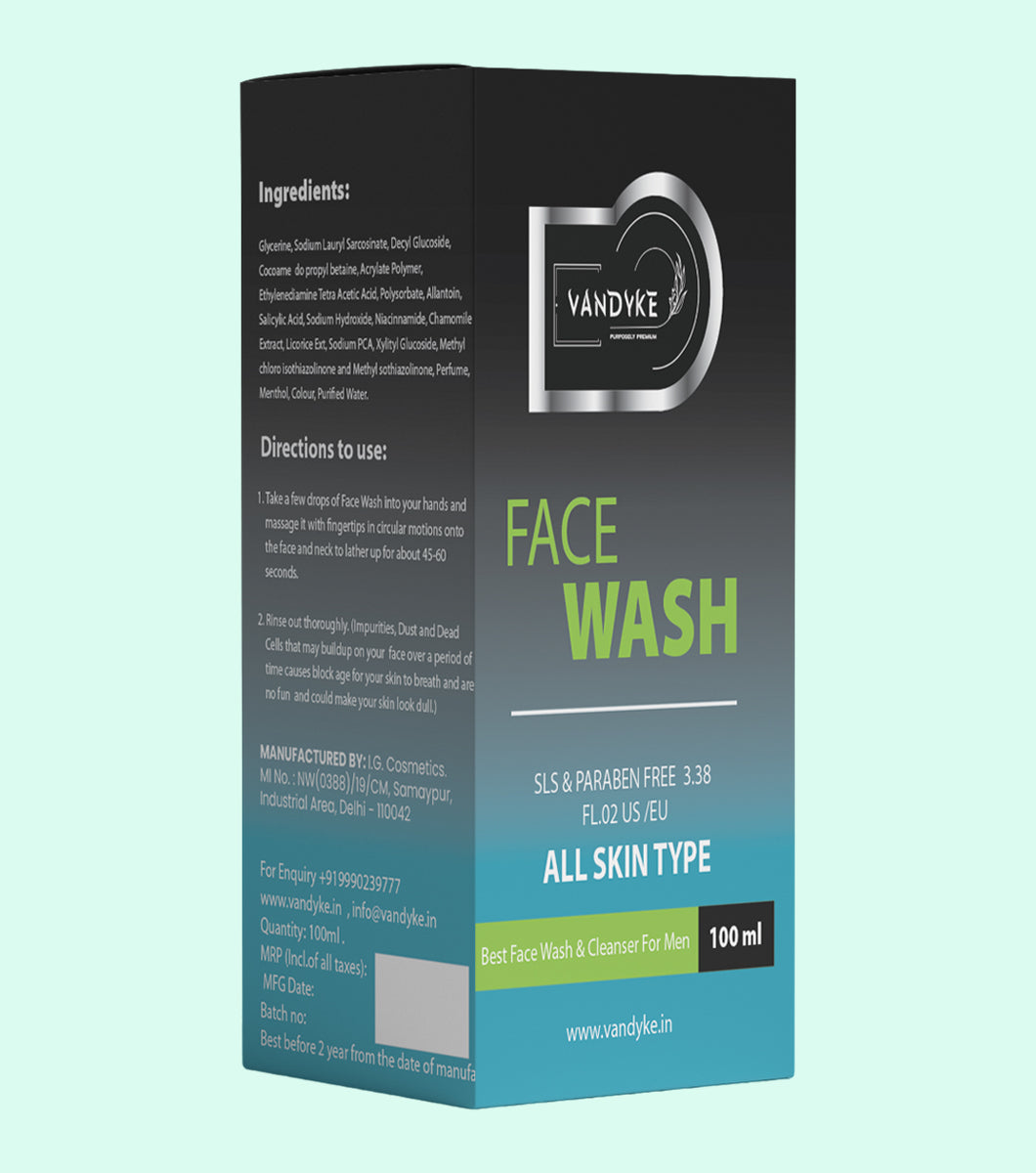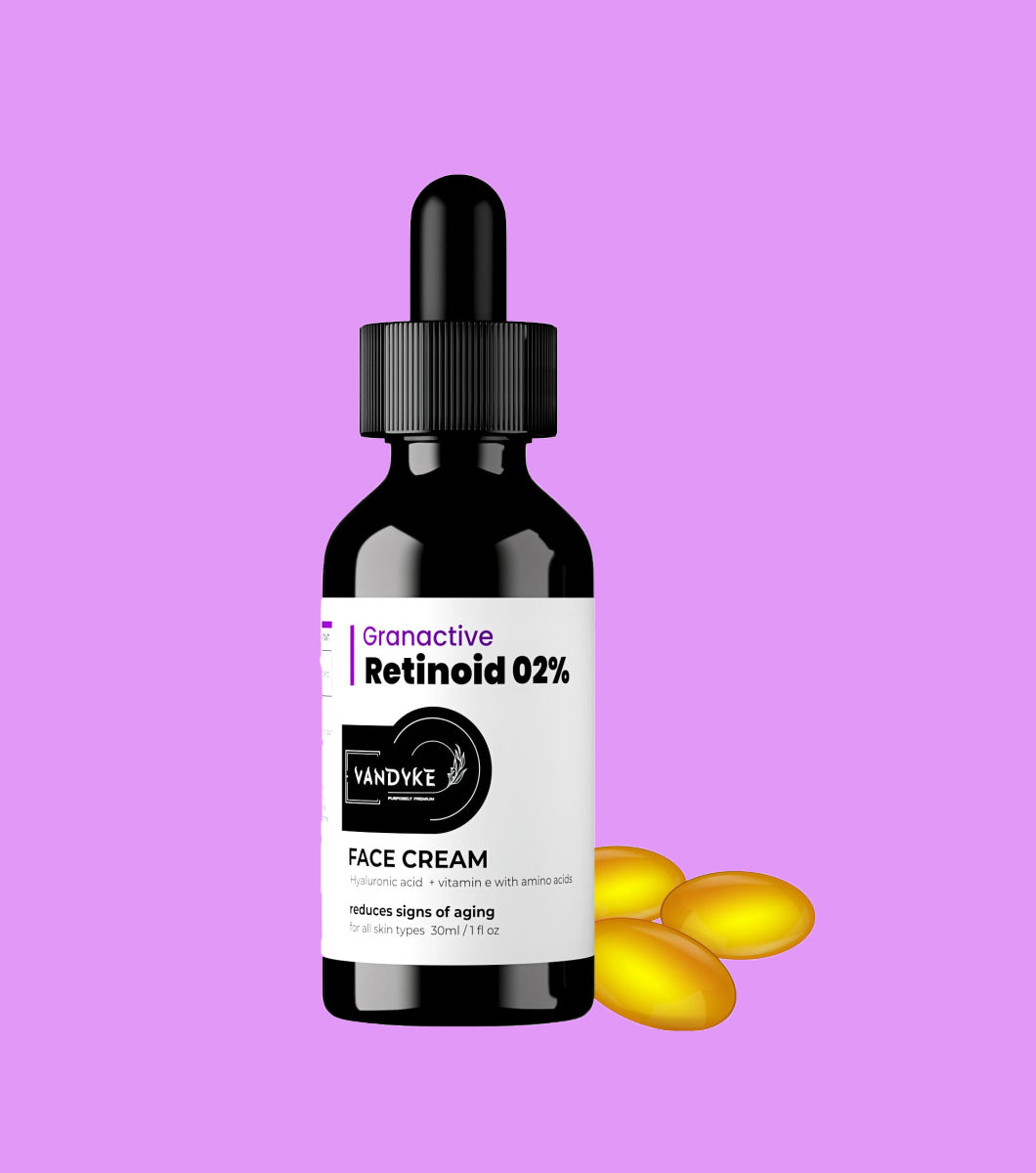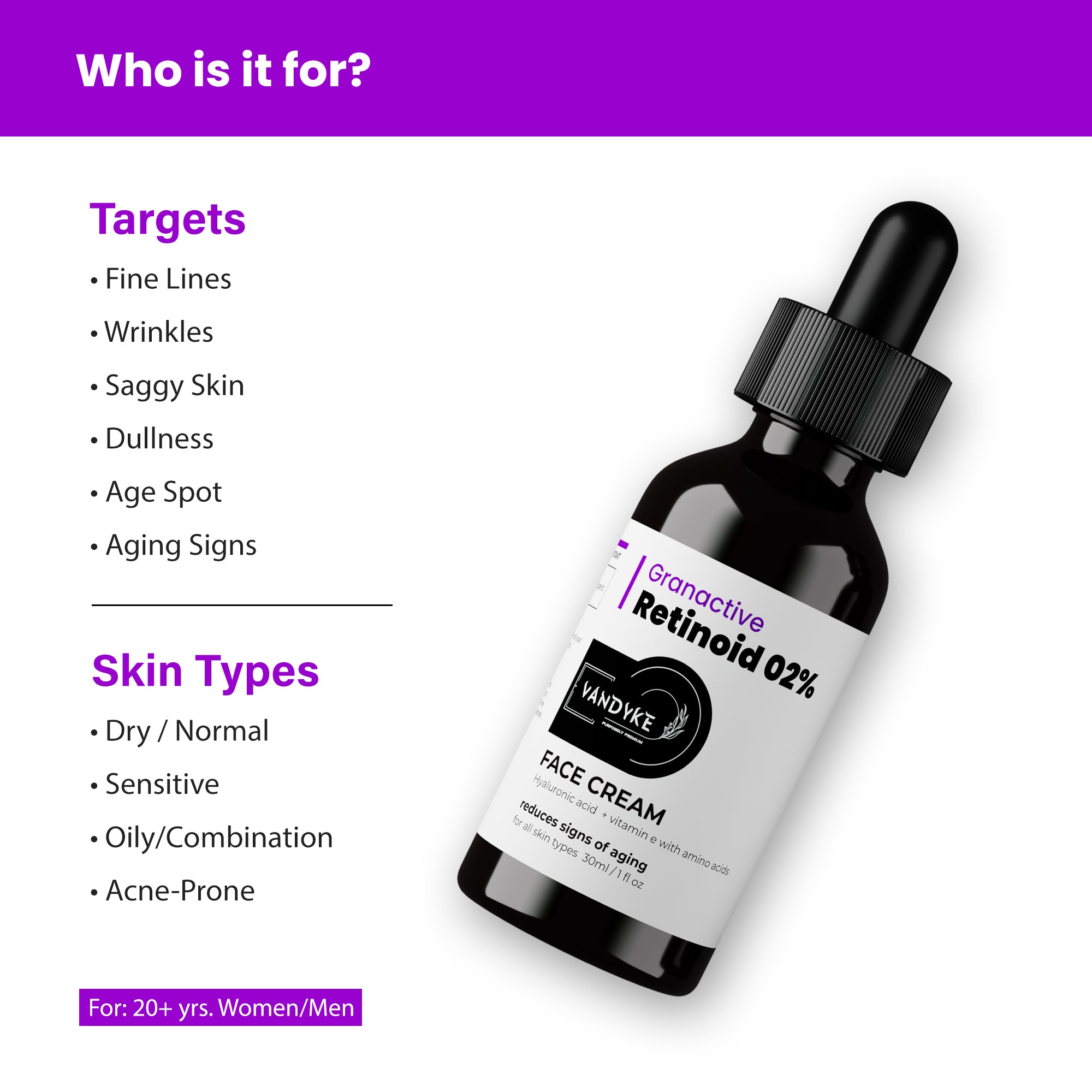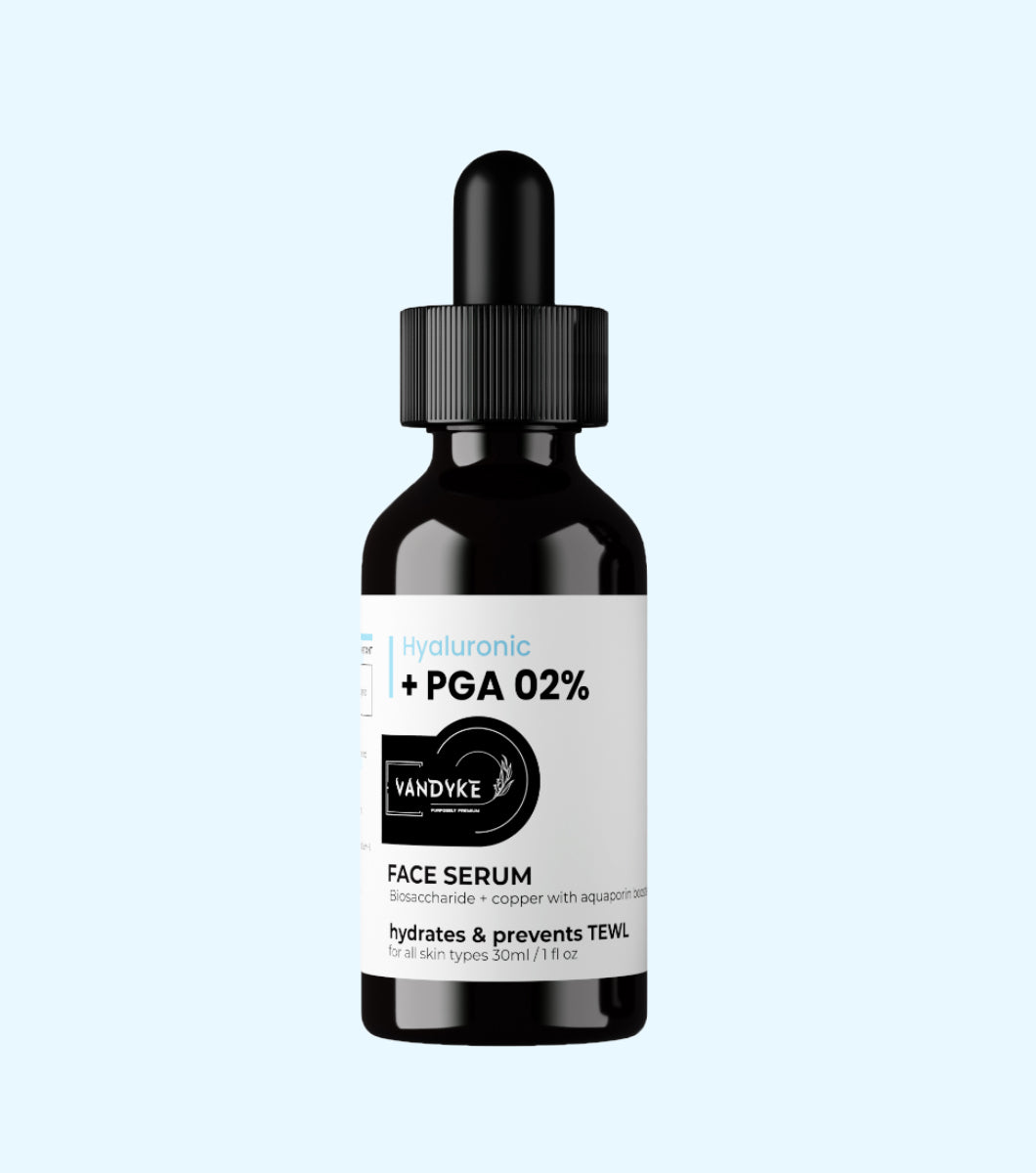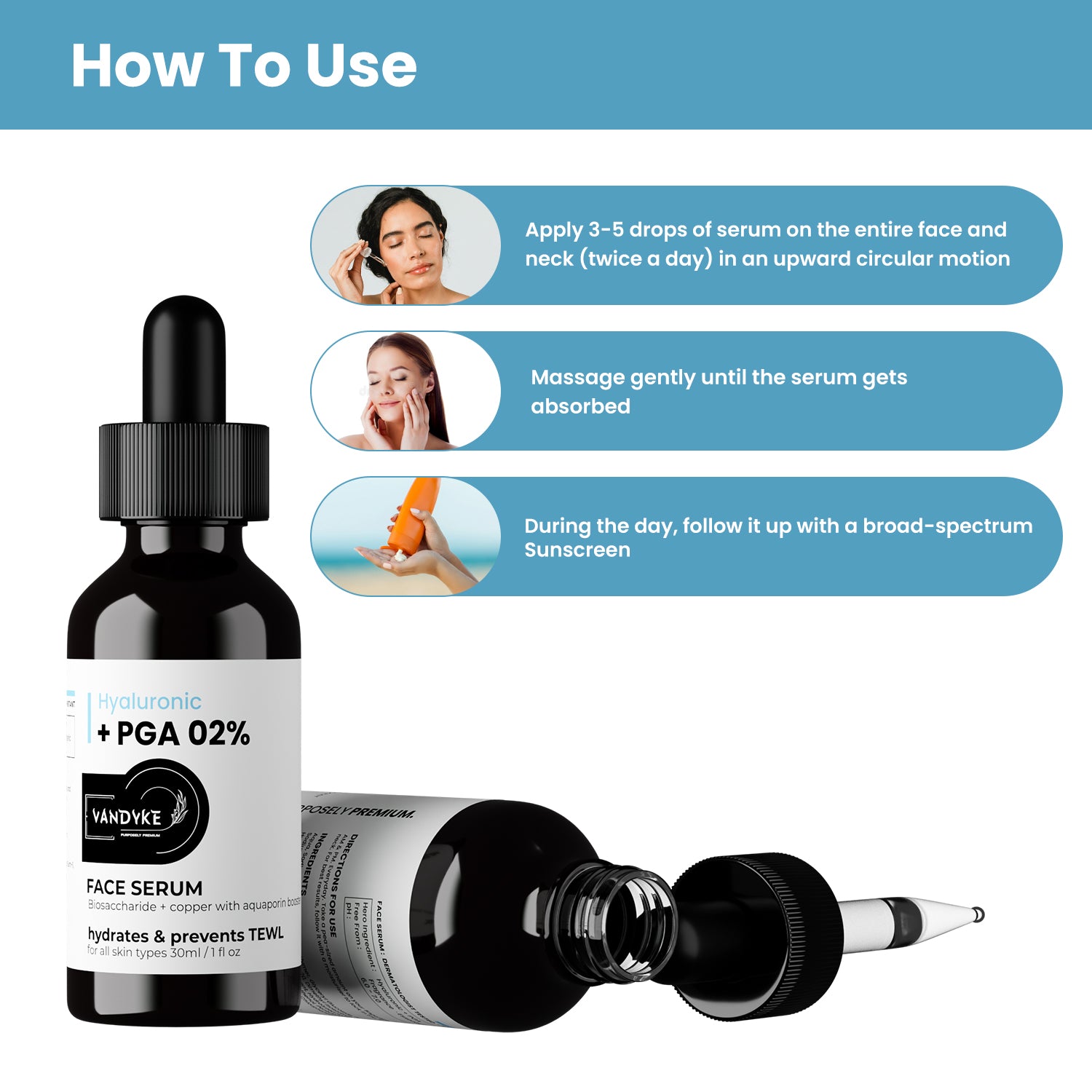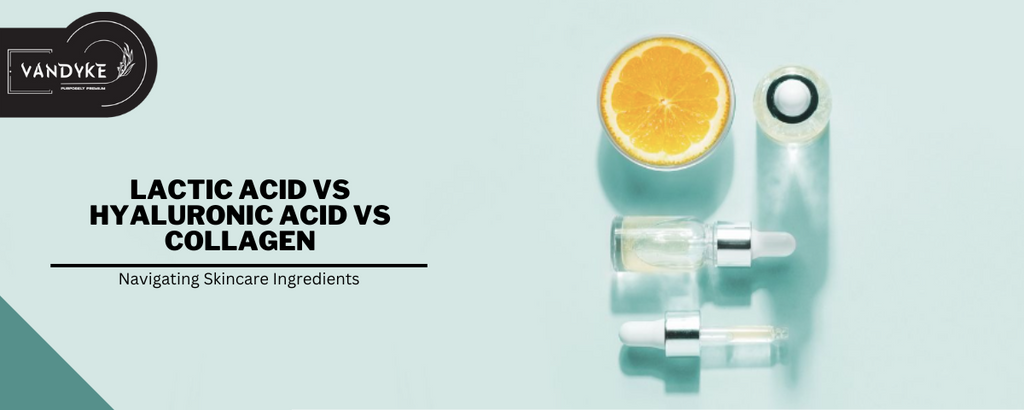
Lactic Acid vs Hyaluronic Acid vs Collagen Navigating Skincare Ingredients

Lactic Acid vs Hyaluronic Acid vs Collagen Navigating Skincare Ingredients
Many people want healthy, glowing skin, but the road to getting there might be paved with a baffling number of skincare products. Lactic acid, hyaluronic acid, and collagen are three common ingredients in skincare treatments, each having a distinct function. Vandyke will explain the advantages of lactic acid, hyaluronic acid, and collagen in this guide and help you determine which one is best for your skincare routine.
What is Lactic Acid?
Lactic acid is an alpha hydroxy acid (AHA) that is primarily obtained from natural sources such as fermented milk and some fruits. This organic molecule has acquired popularity because of its several uses, most notably in cosmetics and food manufacturing.
Lactic acid is a form of hydroxy acid that belongs to the AHA group, which also includes glycolic acid and citric acid. These acids are well-known for exfoliating and rejuvenating the skin. Because of its capacity to gently exfoliate the skin by breaking the connections between dead skin cells, lactic acid is frequently used in skincare products. This procedure aids in the improvement of skin texture, the reduction of fine lines and wrinkles, and the promotion of a more radiant complexion.
Here’s what you should know about lactic acid:
- Exfoliation
Lactic acid functions as an exfoliator, assisting in the removal of dead skin cells from the skin’s surface. This results in a smoother, brighter complexion and can help with concerns including dullness and uneven texture.
- Hydration
Lactic acid, unlike some other AHAs, is kinder on the skin and can improve moisture retention. This makes it appropriate for people with dry or sensitive skin.
- Hyperpigmentation
Lactic acid is well-known for its ability to lighten dark spots and level out skin tone. It’s a popular substance among folks who are concerned about hyperpigmentation.
- Fine Lines and Wrinkles
Lactic acid can be used on a regular basis to increase collagen formation, potentially lowering the appearance of fine lines and wrinkles over time.
Product for Lactic Acid: lactic acid is a type of AHA. if you are looking for a product containing AHA then you can use. Vandyke AHA BHA 10% face exfoliator. and vandyke AHA PHA BHA 32% face exfoliator. For your skin.
What is Hyaluronic Acid?
Hyaluronic acid (HA) is a naturally occurring chemical that is present in the skin and other connective tissues throughout the human body. It is well-known for its extraordinary ability to attract and hold water molecules, making it an essential component for maintaining skin moisture and general skin health.
Hyaluronic acid is a form of glycosaminoglycan, which is a long chain of sugars found naturally in the body. Its capacity to operate like a sponge, sucking in and holding vast volumes of water compared to its size, is one of its most amazing qualities. This characteristic is essential for keeping the skin moisturised and supple.
Here’s what you should know about hyaluronic acid:
- Hydration
Hyaluronic acid attracts moisture and can hold 1,000 times its weight in water. This makes it extremely efficient in hydrating, plumping, and reducing the appearance of fine lines and wrinkles produced by dryness.
- Versatility
Hyaluronic acid is compatible with most skin types, making it an excellent choice for those looking to address dryness, dullness, or loss of elasticity.
- Quick Absorption
Hyaluronic acid has the advantage of being quickly absorbed into the skin, providing instant hydration without leaving a heavy or greasy residue.
Products for Hyaluronic acid: if you are looking for hyaluronic acid. Then you can use vandyke Hyaluronic + PGA 02% face serum.
What is Collagen?
Collagen is a basic protein that is prevalent in the human body and plays an important function in giving structural support and strength to numerous tissues, including the skin.
In greater detail, collagen is a fibrous protein made up of amino acids that makes up a significant portion of the skin’s extracellular matrix. The extracellular matrix is a complex network of proteins and chemicals that provides structure and durability to the skin. Collagen fibres act as the skin’s scaffolding, assisting it in maintaining its firmness, elasticity, and general structure.
The body’s natural collagen synthesis steadily diminishes as we age, resulting in apparent ageing indicators such as wrinkles, sagging skin, and a lack of skin suppleness.Factors including UV exposure, smoking, and poor diet can all hasten collagen degradation.
Collagen is necessary not just for the health and integrity of the skin, but also for the health and integrity of other connective tissues throughout the body, such as tendons, ligaments, cartilage, and bones. It aids in wound healing and tissue restoration.
Here’s what you should know about collagen:
- Anti-Aging
Collagen is frequently connected with anti-aging skincare since it is essential for keeping skin firmness and suppleness. Collagen synthesis declines with ageing, resulting in sagging and wrinkles.
- Supplementation
While topical collagen has certain advantages, it is more commonly found in dietary supplements that claim to enhance skin health from within. These vitamins may help enhance the overall look of the skin, although results may vary.
- Combination Use
Collagen may be used in conjunction with other skincare products to address ageing indications holistically.
Choosing the Right Ingredient for Your Skin
Choosing the best skincare component for your specific needs is an important step towards healthy, bright skin. Here’s a deeper look at your choices and how they might help with certain skincare issues:
Lactic Acid
When to Choose: Use lactic acid to treat concerns such as uneven skin texture, hyperpigmentation, or if you have dry or sensitive skin.
Lactic acid exfoliates the skin gently, removing dead skin cells, enhancing skin texture, and promoting a smoother complexion. It also provides moisture, making it suited for a wide range of skin types, especially those prone to dryness or irritation.
Hyaluronic Acid
When to Choose: When your main objective is to improve skin hydration, minimise the appearance of fine wrinkles caused by dryness, or maintain general skin health, use hyaluronic acid.
Benefits:The capacity of Hyaluronic + PGA 02% serum to attract and hold moisture in the skin results in increased hydration, a plumper look, and reduced indications of dryness. Hyaluronic + PGA 02% serum is very adaptable and typically suited for most skin types, aiding in the maintenance of healthy, supple skin.
Collagen
When to Choose: Consider collagen if your primary goal is to counteract obvious indications of ageing, such as drooping skin and wrinkles.
Benefits: Collagen is a structural protein that gives the skin strength and flexibility. Collagen, whether in the form of serums or supplements, can help enhance skin firmness and lessen the appearance of fine lines and wrinkles. It’s an excellent alternative for folks who want to keep their skin looking young.
Remember that different skin types and issues differ, so adjust your skincare regimen to your personal requirements. Furthermore, you may include different herbs into your routine to address multiple issues at the same time. However, gradually introducing new products and conducting patch tests can assist guarantee that your skin reacts positively and does not get irritated. Consulting with a physician or skincare specialist can also help you choose the ideal elements for your skincare programme.
Combining Ingredients
Combining these components can provide a holistic approach to skincare in some circumstances. For example, exfoliating the face with lactic acid and then hydrating with hyaluronic acid serum can produce outstanding effects. If you want to address age-related issues, collagen supplements, whether oral or topical, can help.
Conclusion
Lactic acid, hyaluronic acid, and collagen all play distinct functions in skincare. The ideal option for you is determined by your skin’s demands and your skincare objectives. Whatever ingredients you choose, consistency is essential for obtaining and maintaining healthy, beautiful skin. If you have specific skin issues or conditions, always patch-test new products and check with a dermatologist. Remember that the key to your skin’s health and attractiveness is a well-balanced skincare programme suited to your specific skin type.
